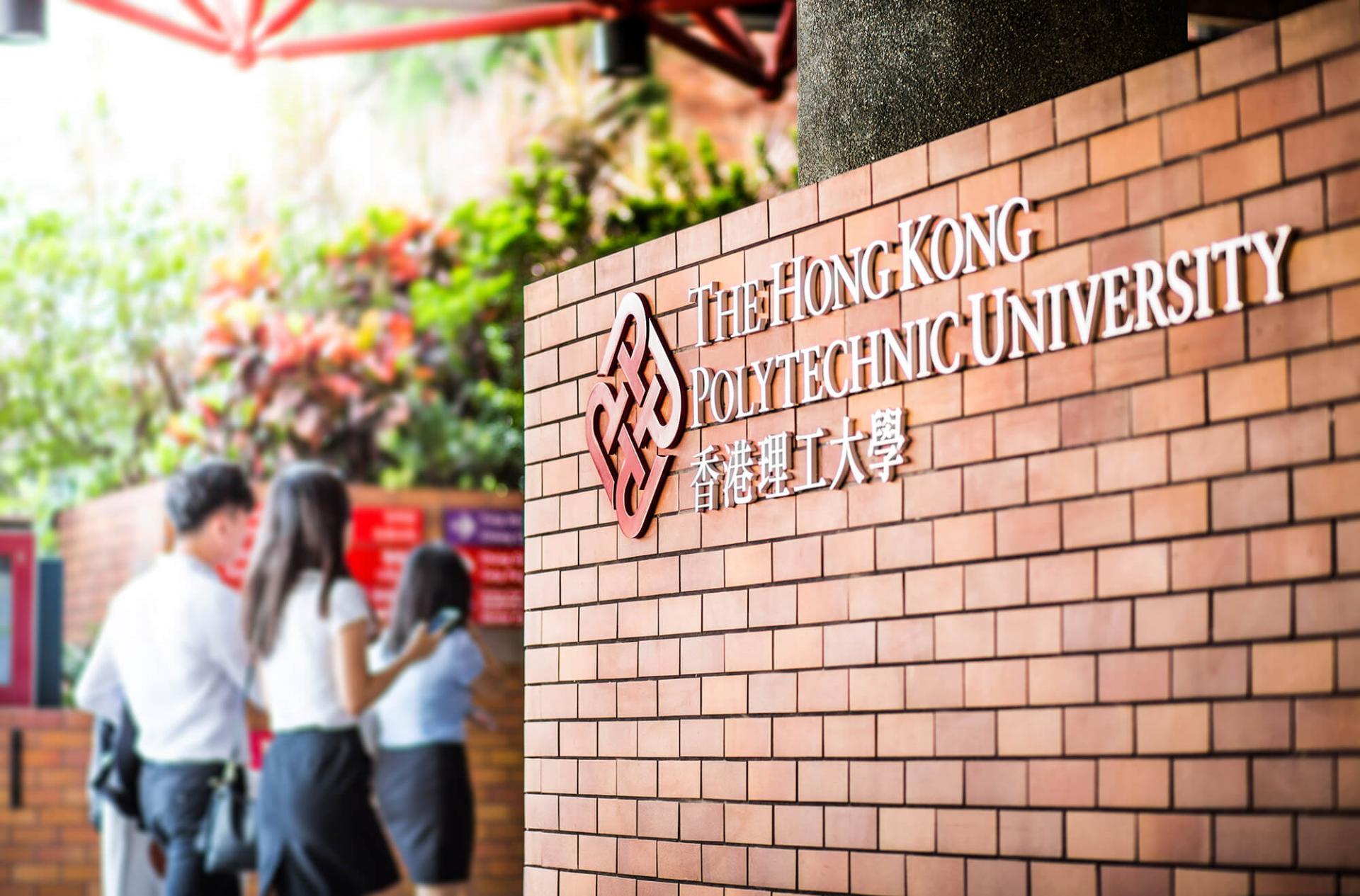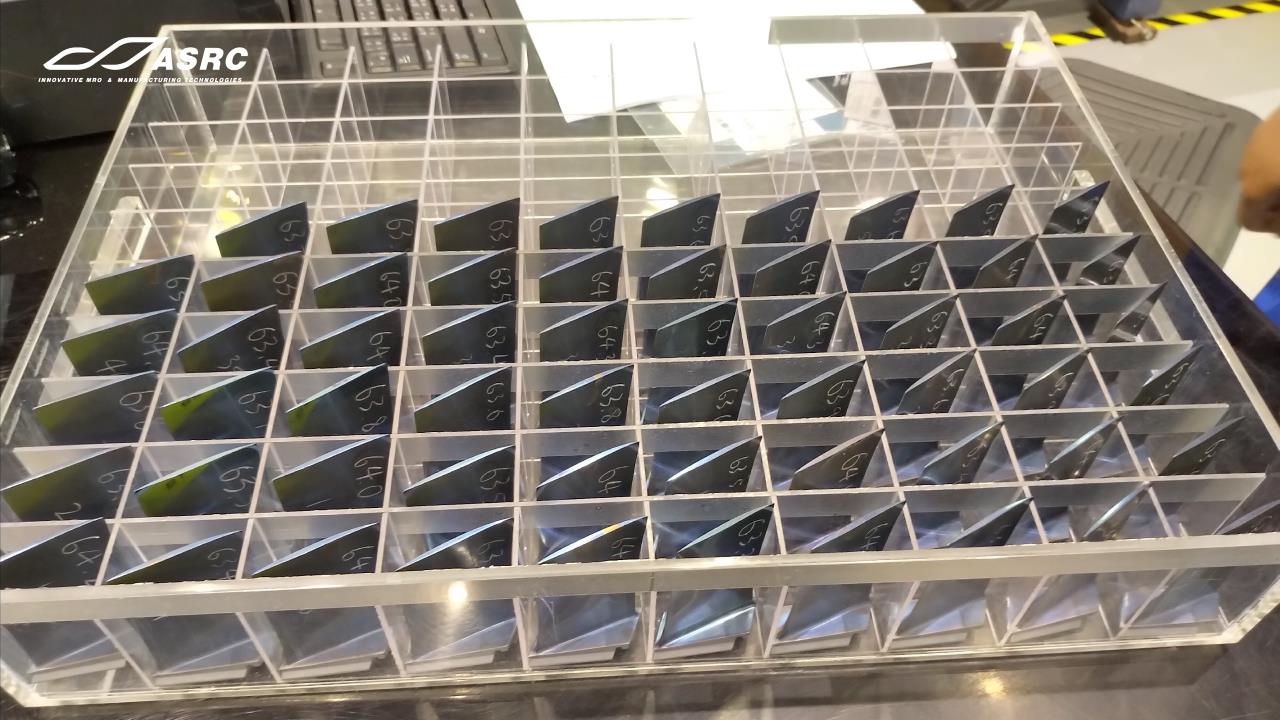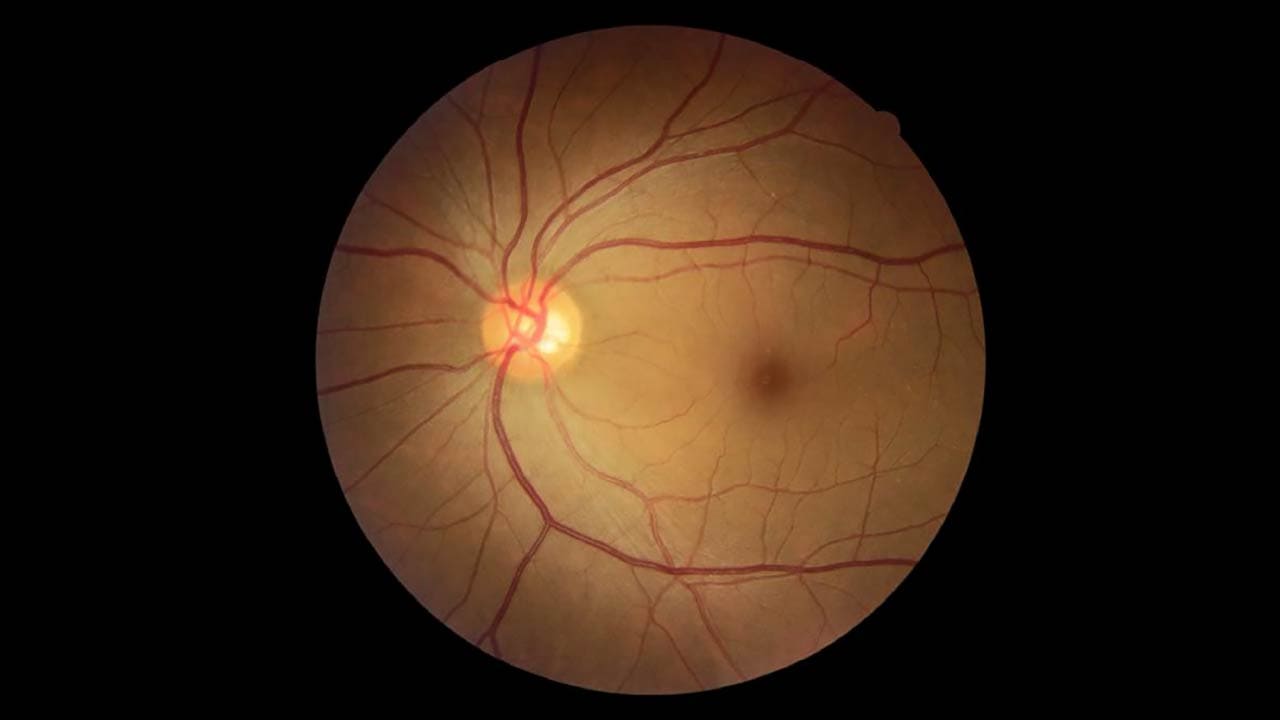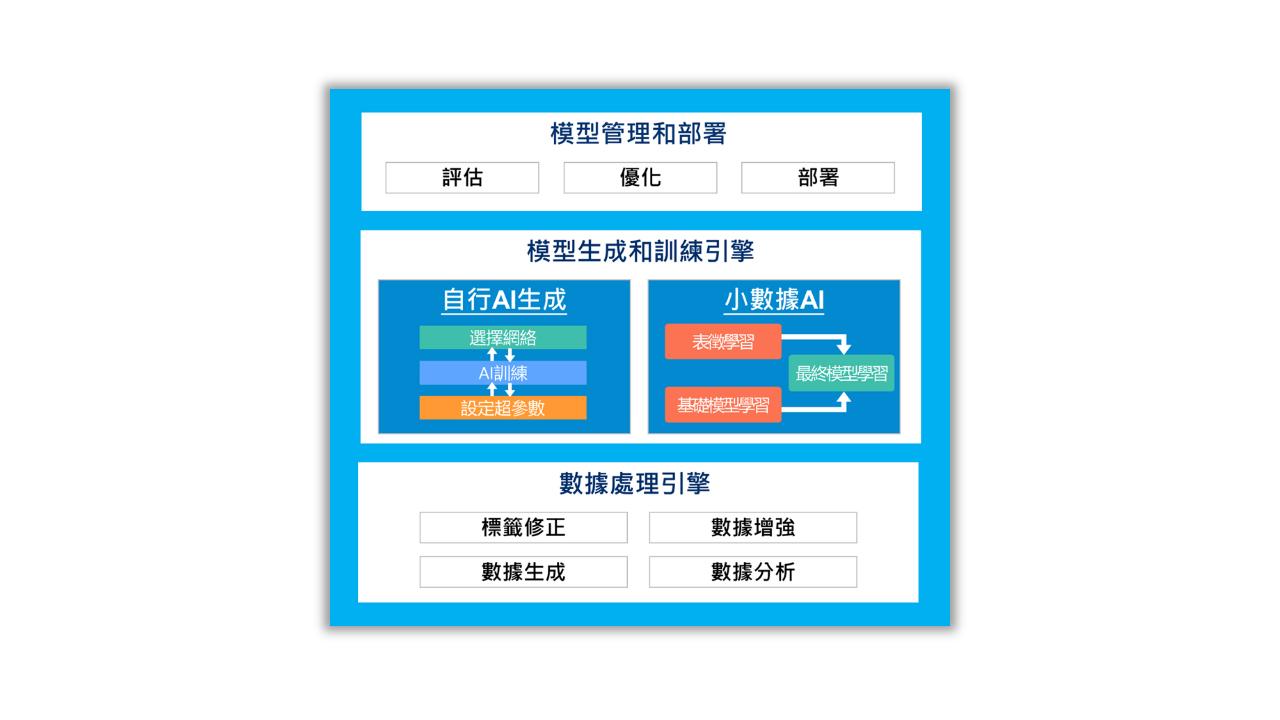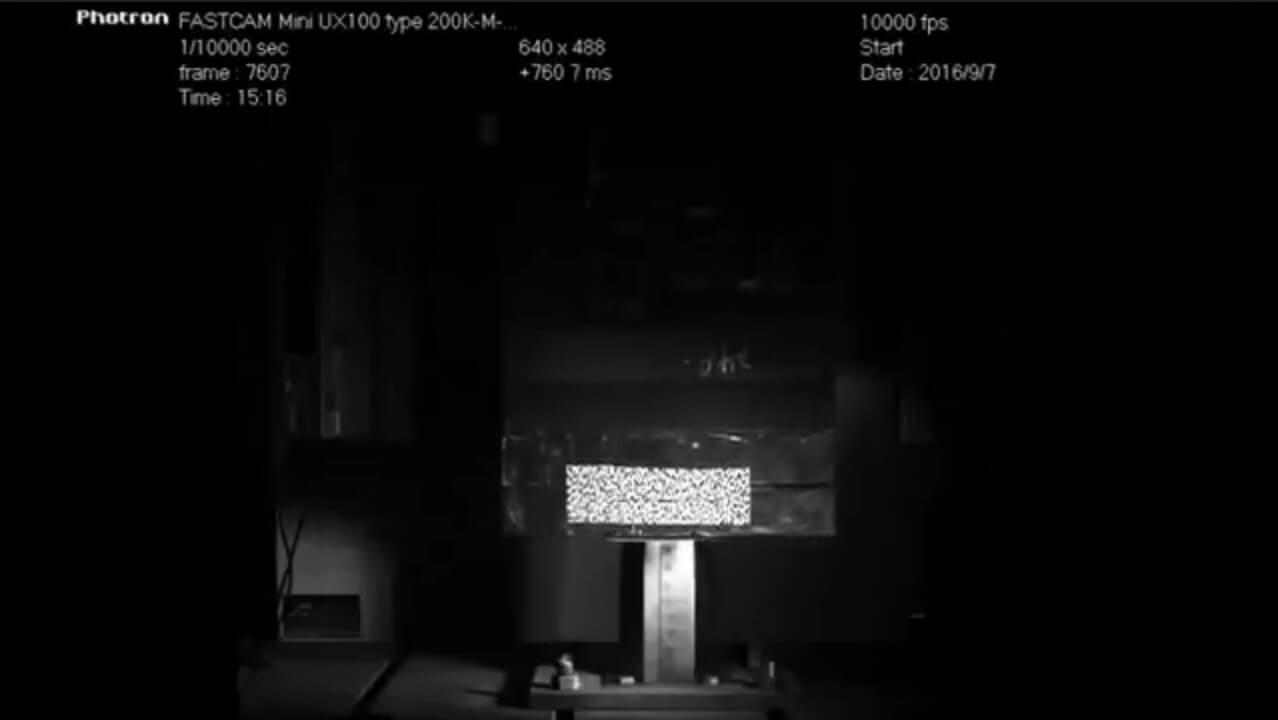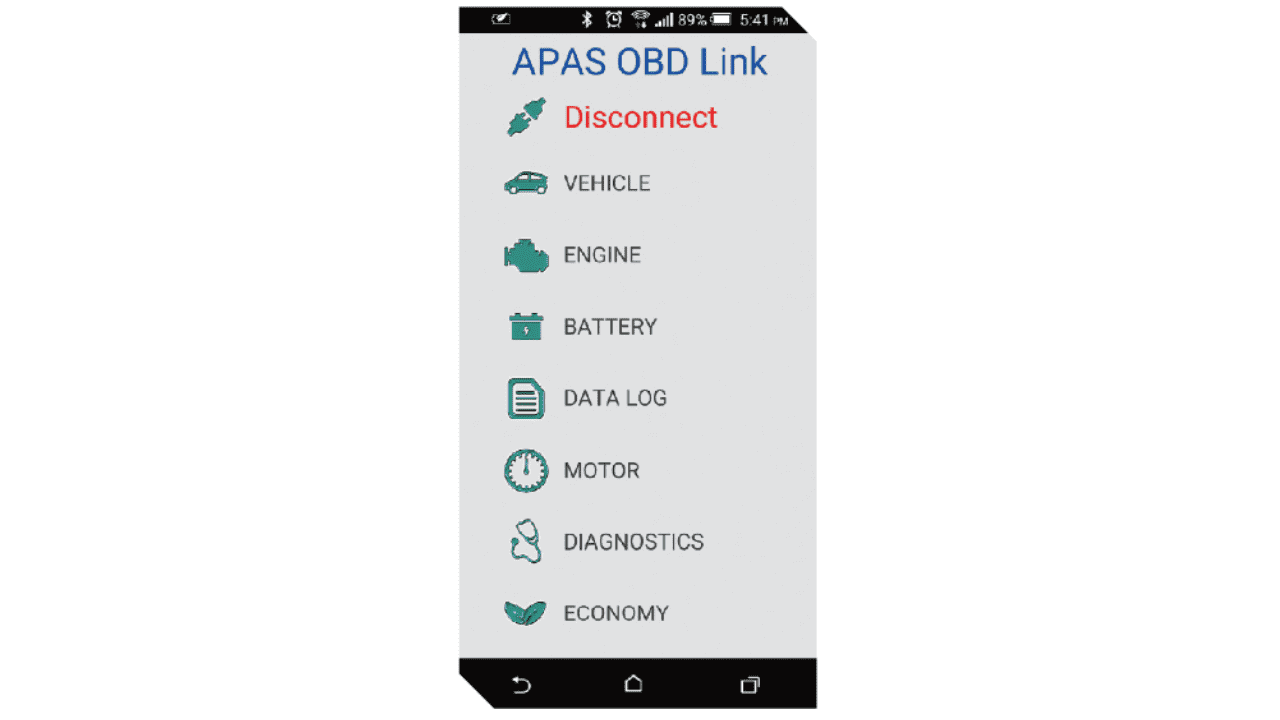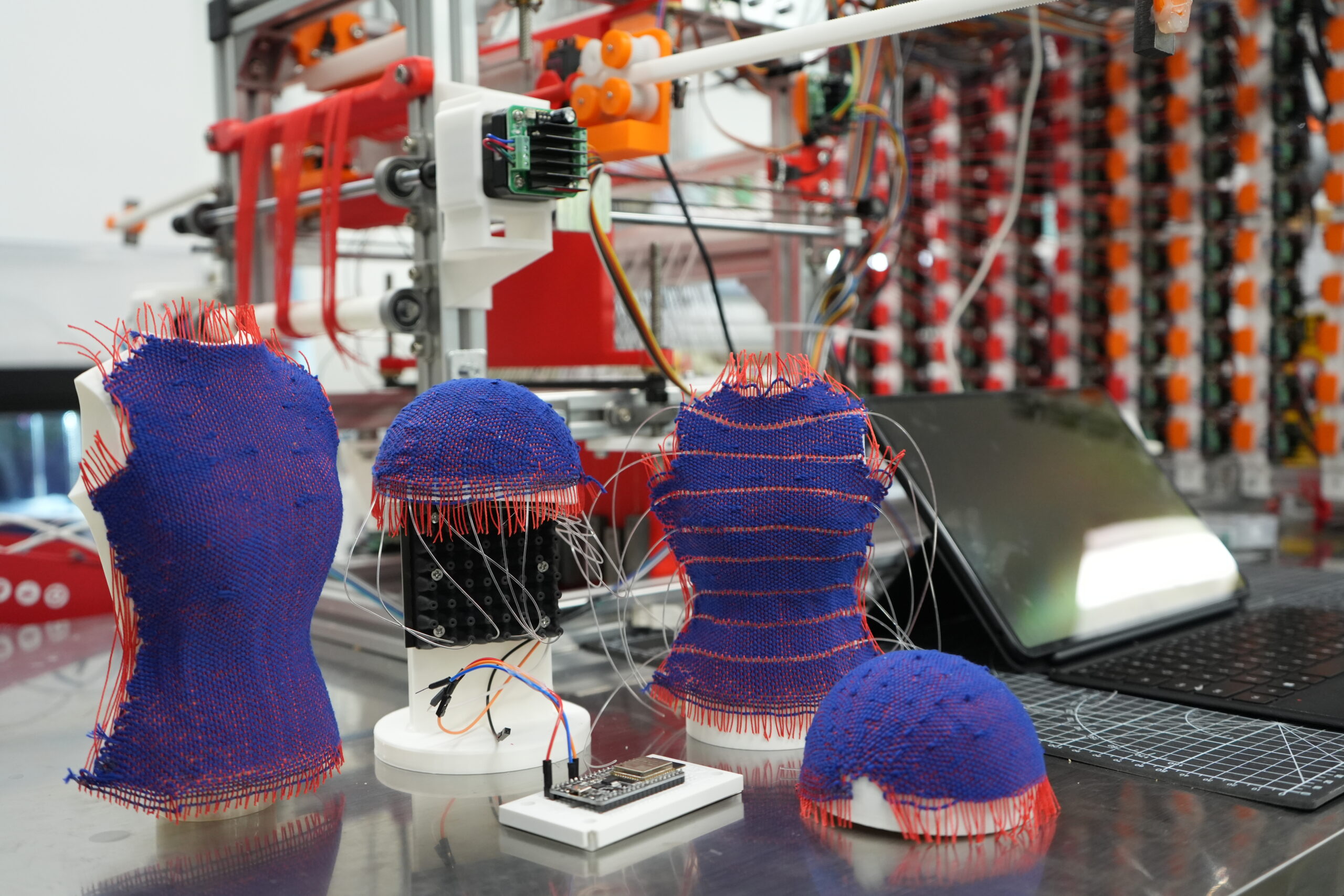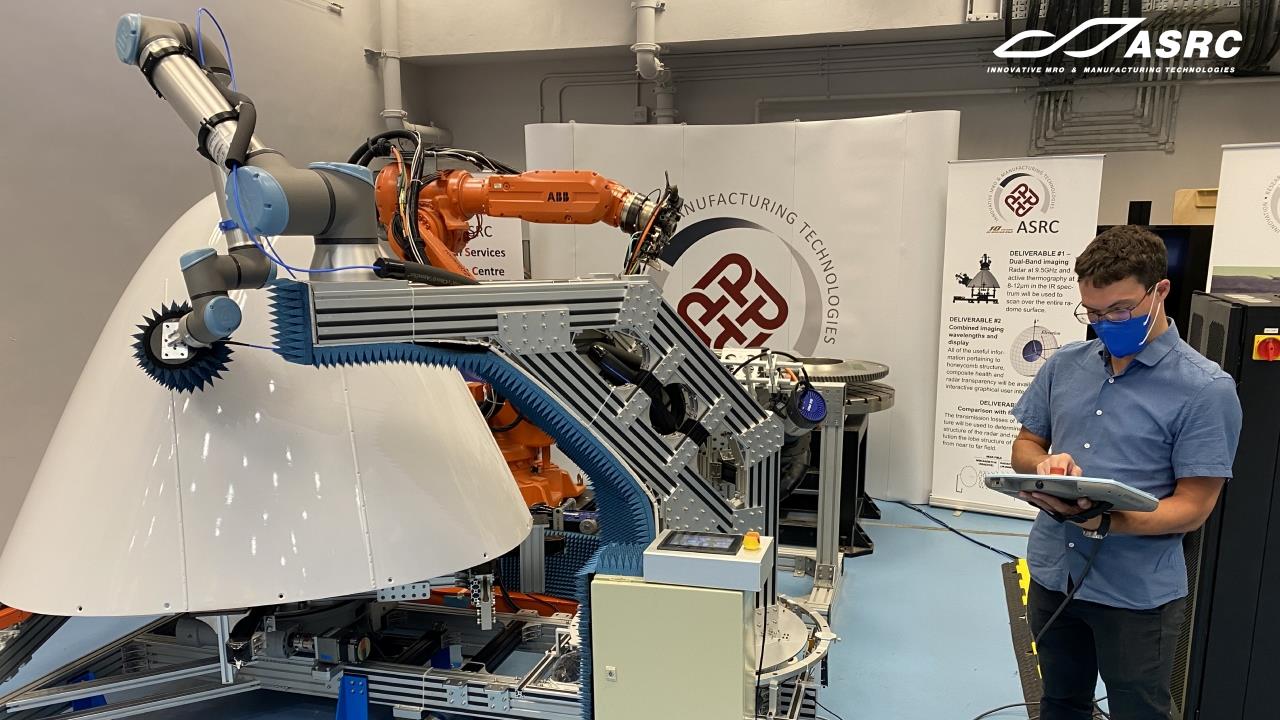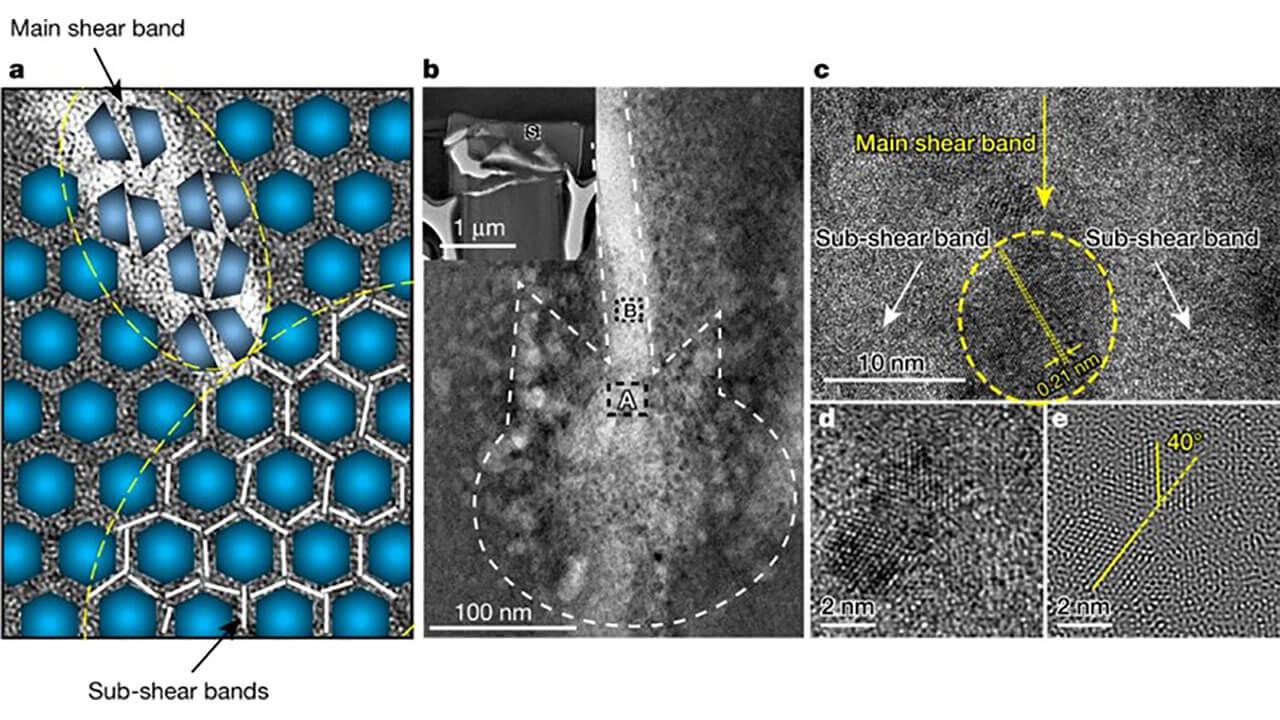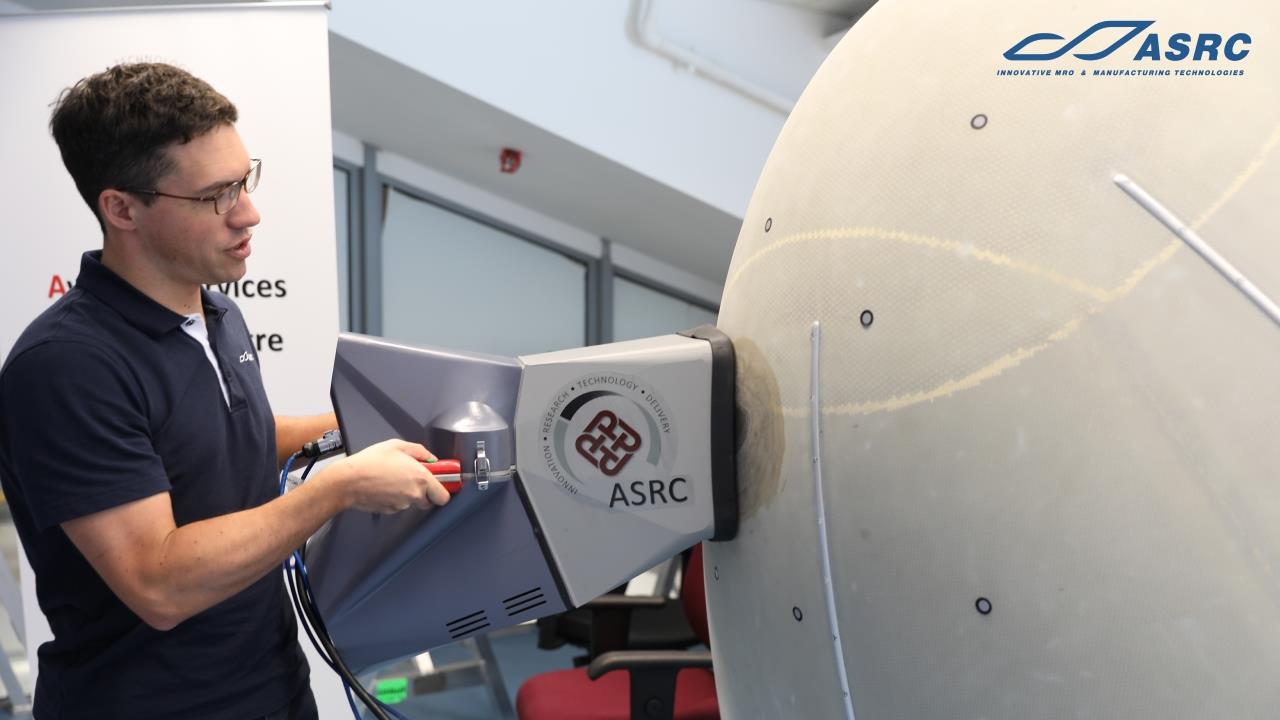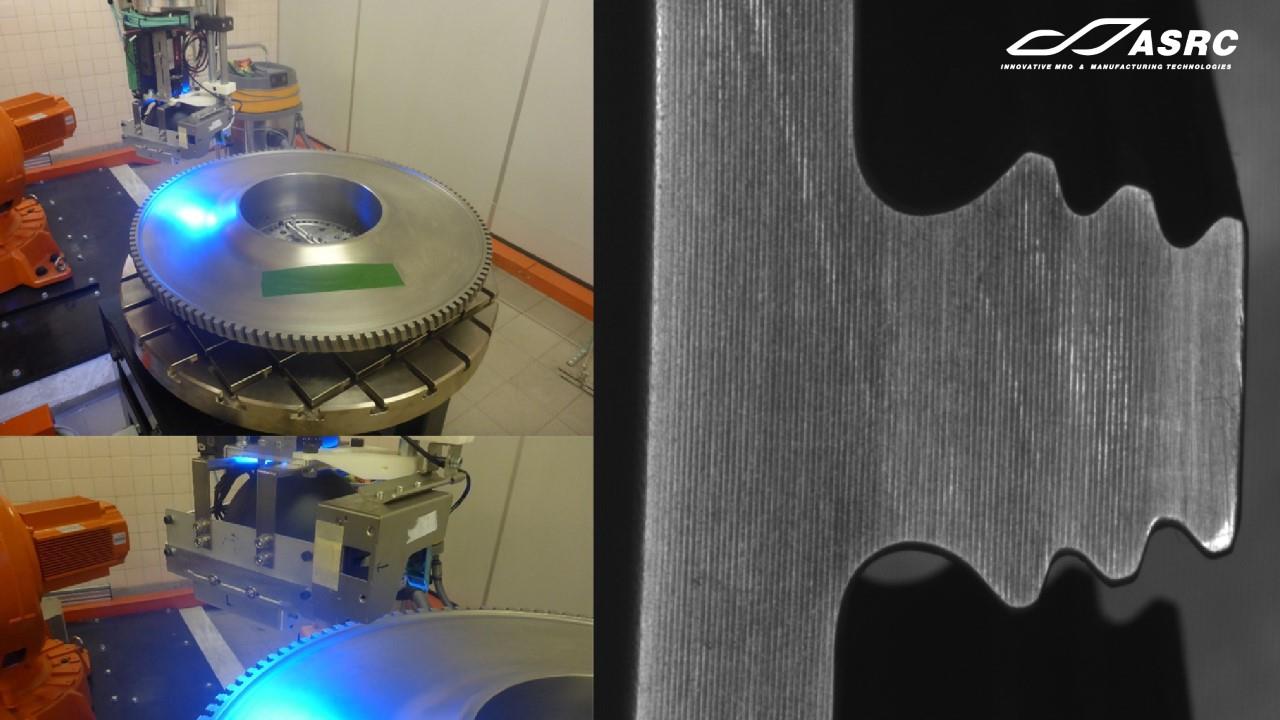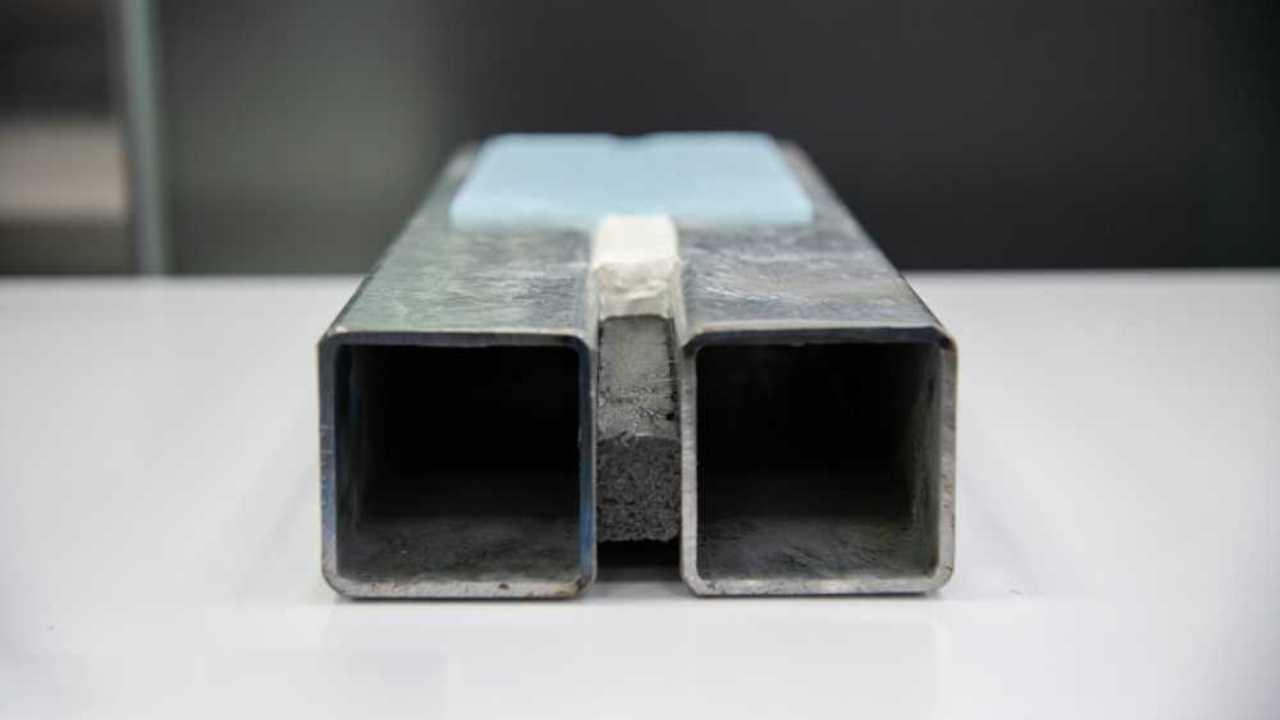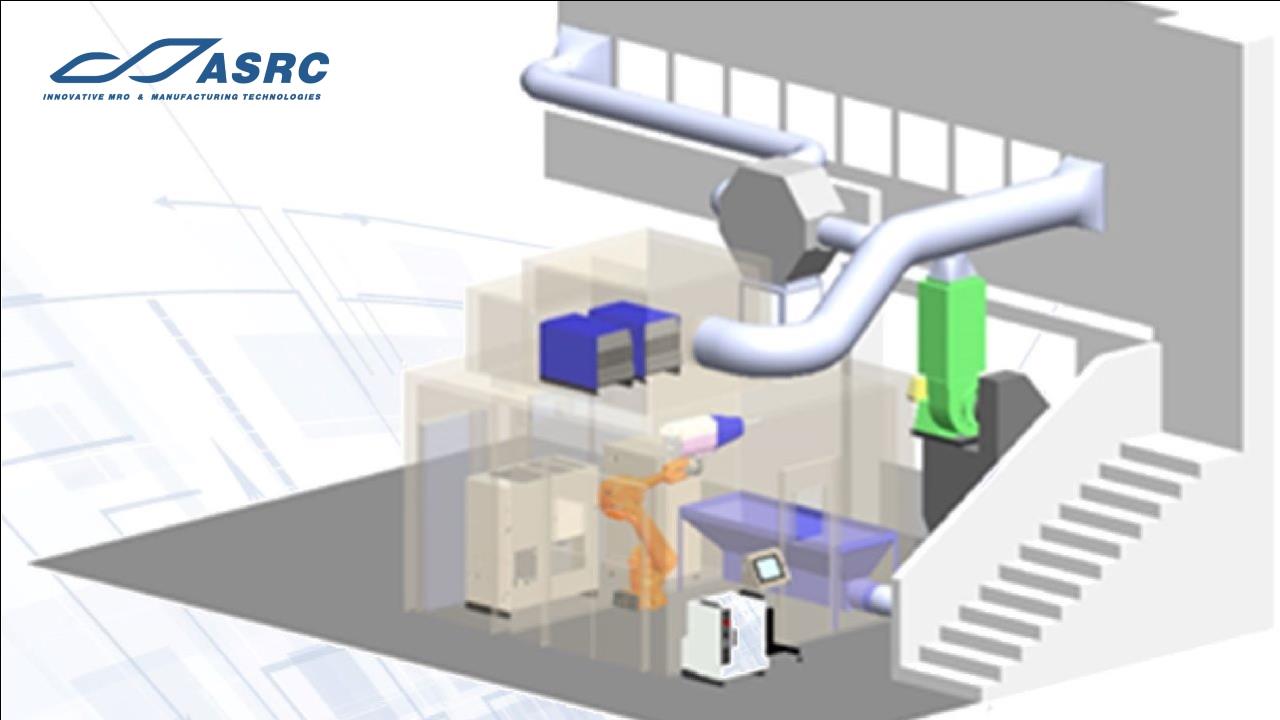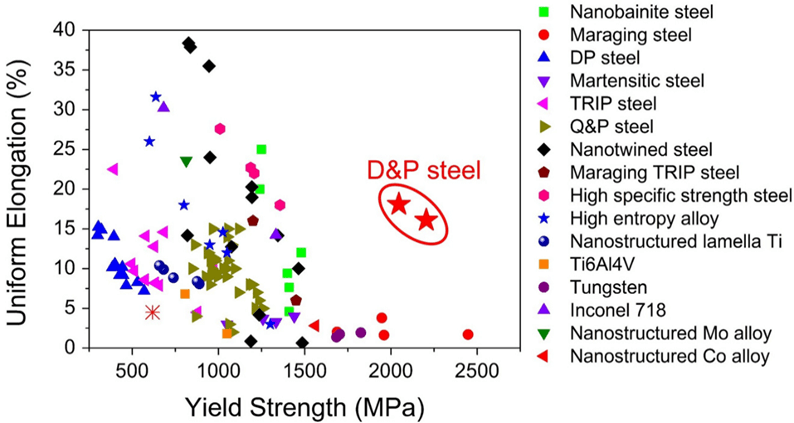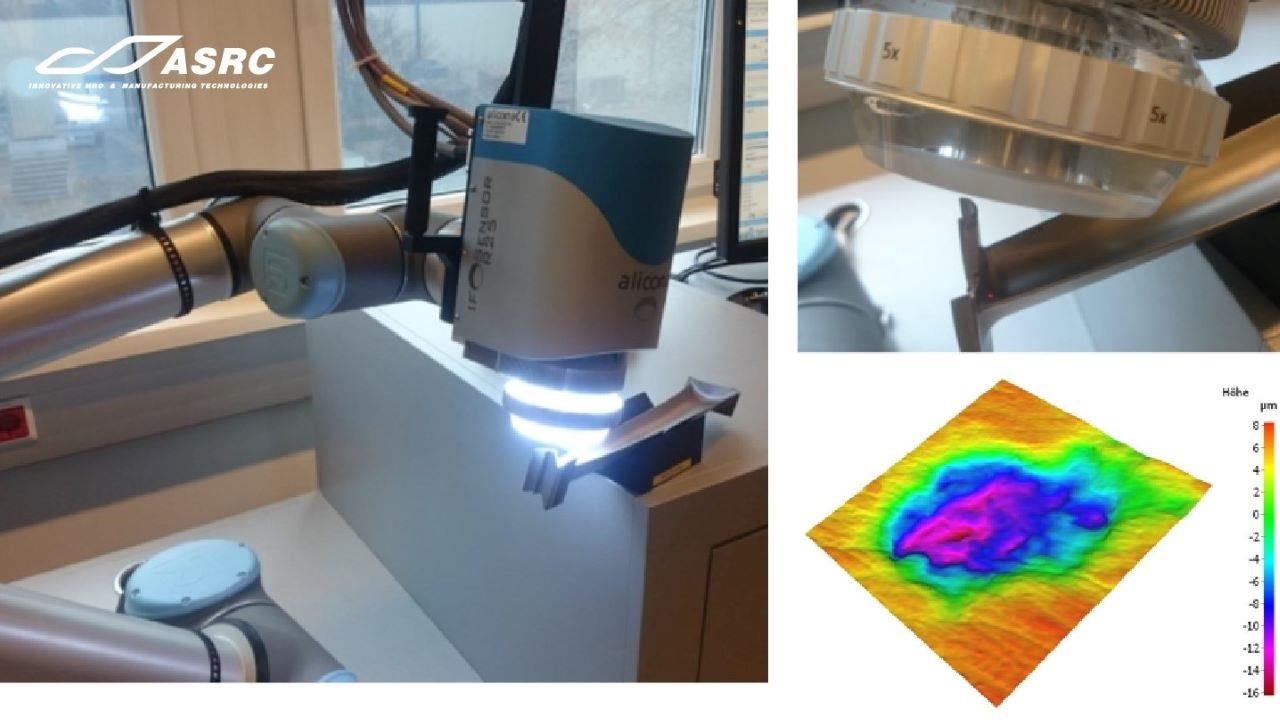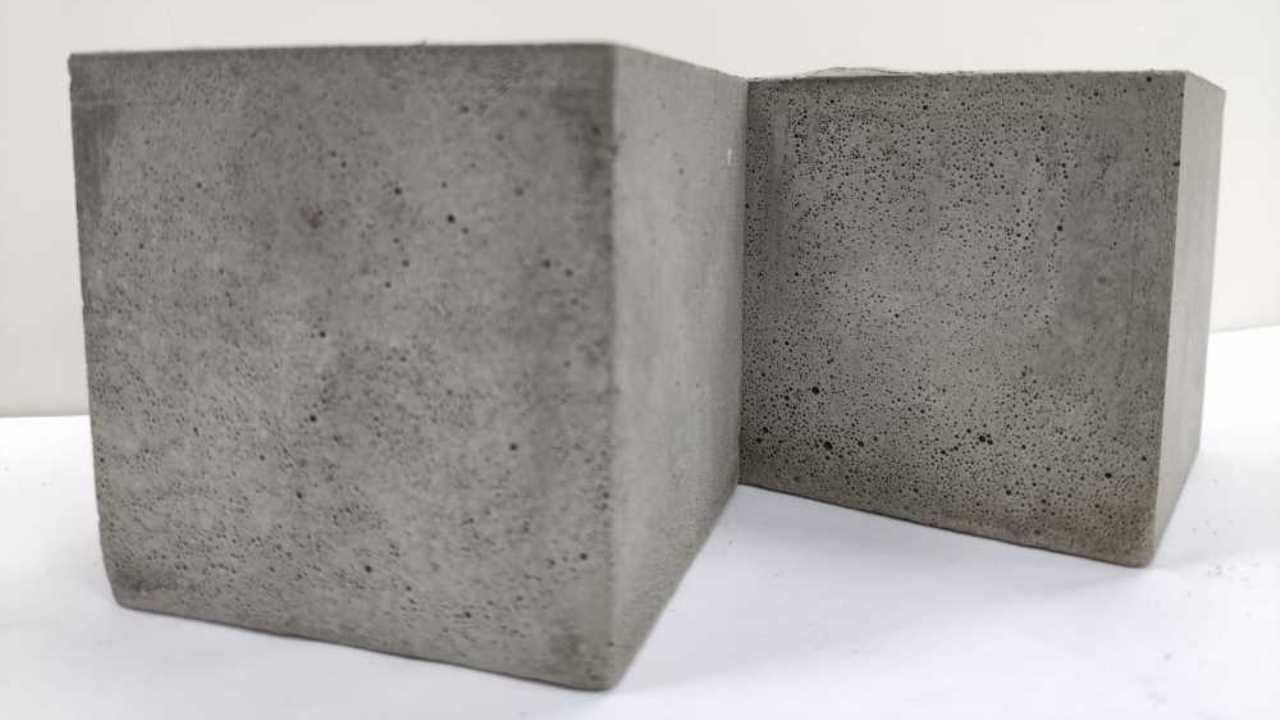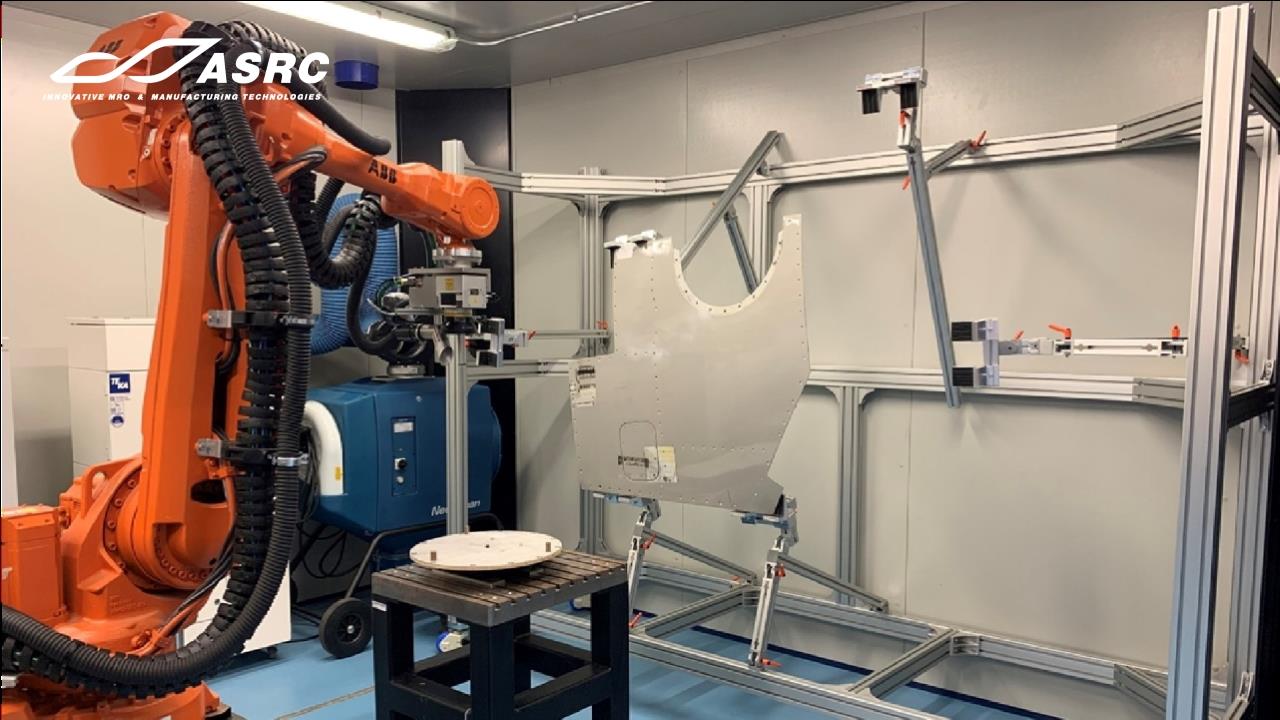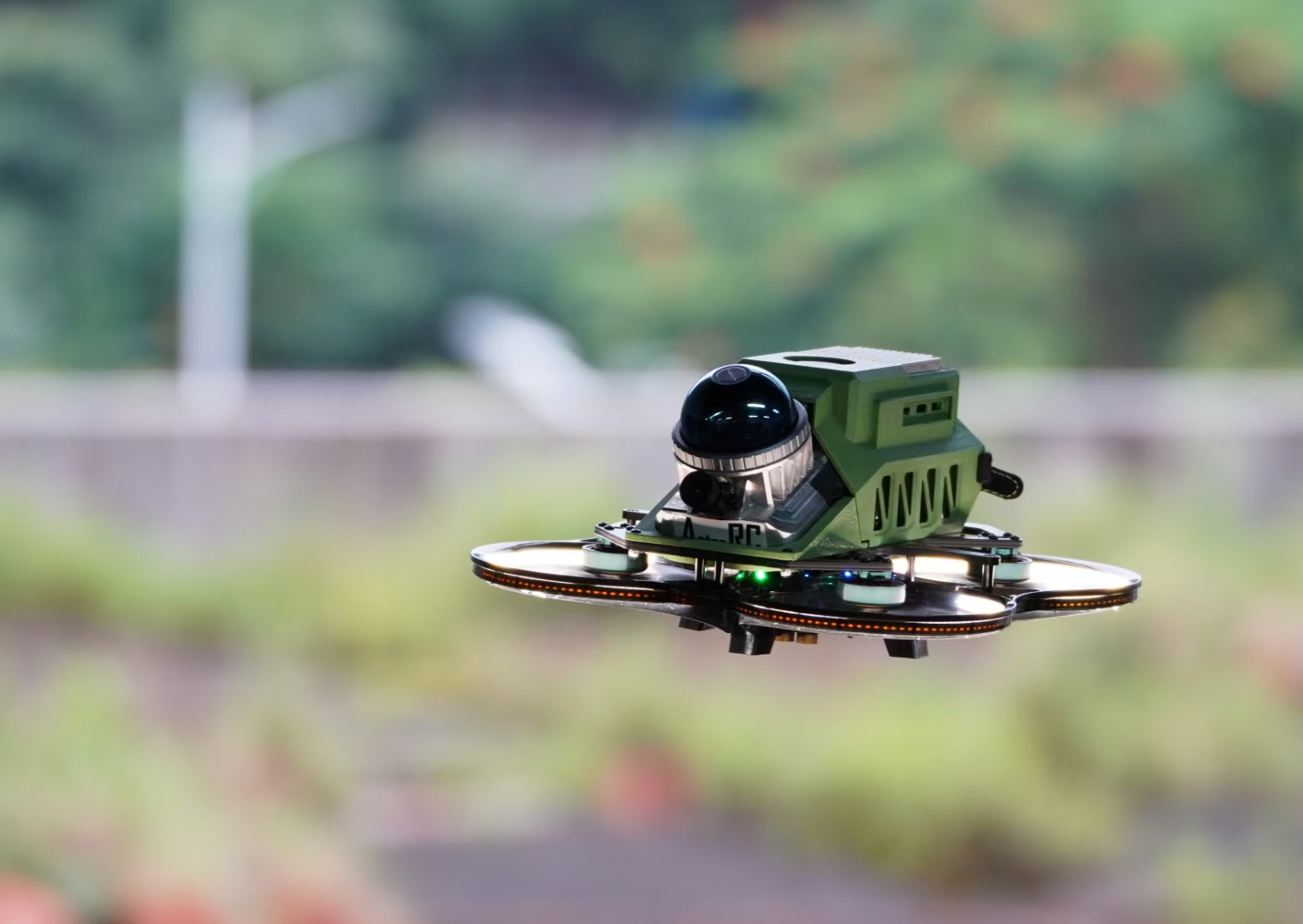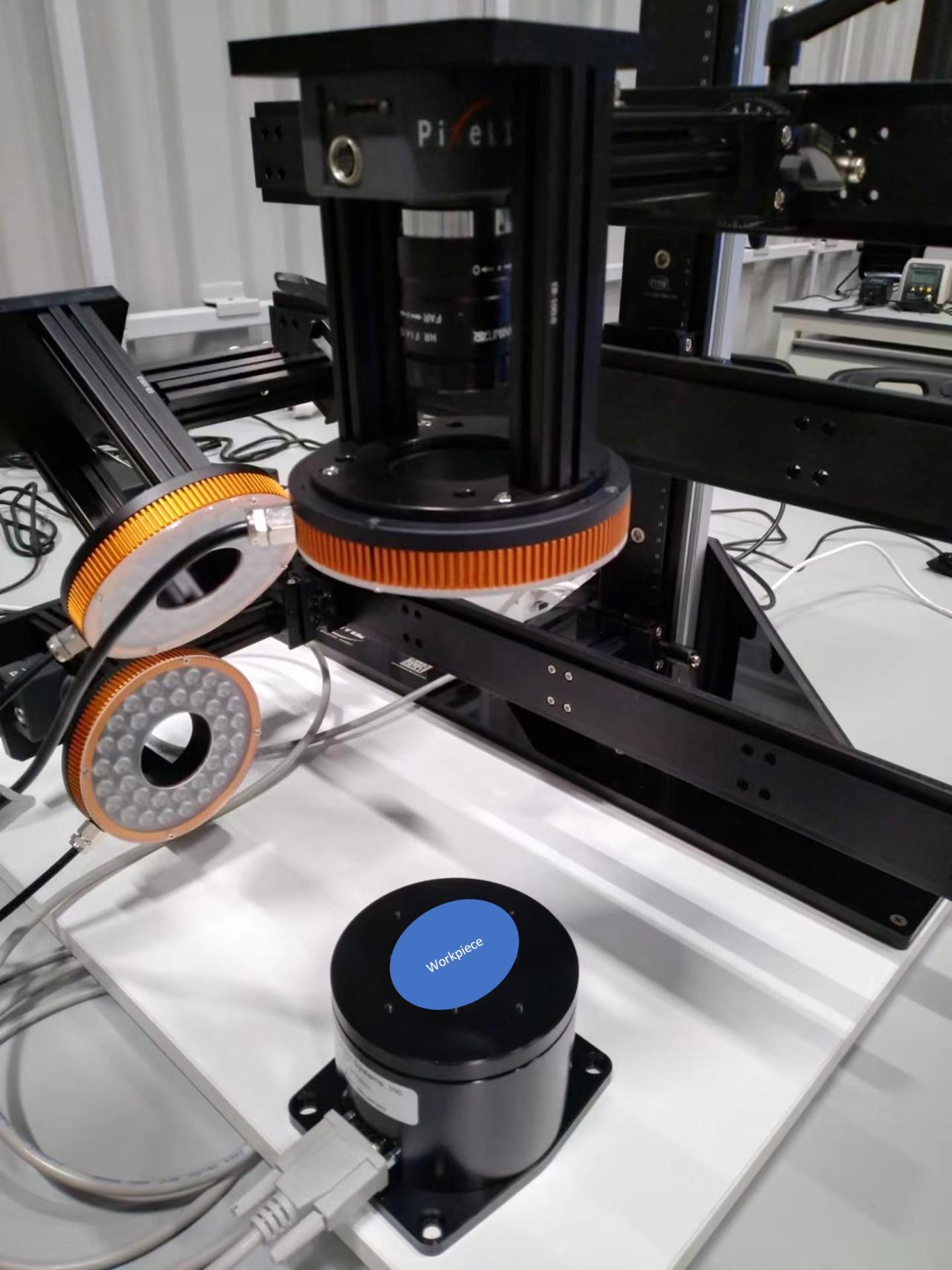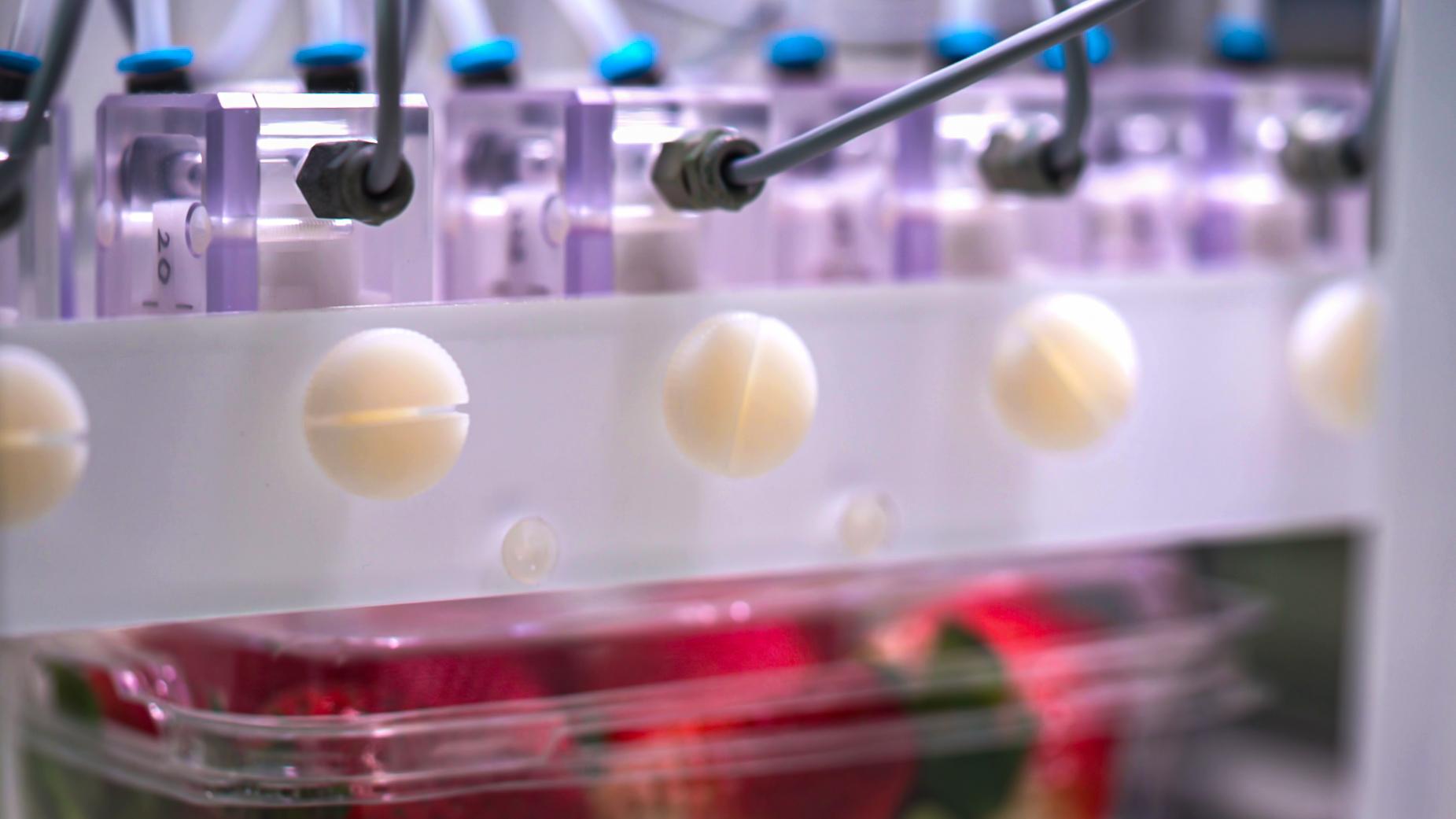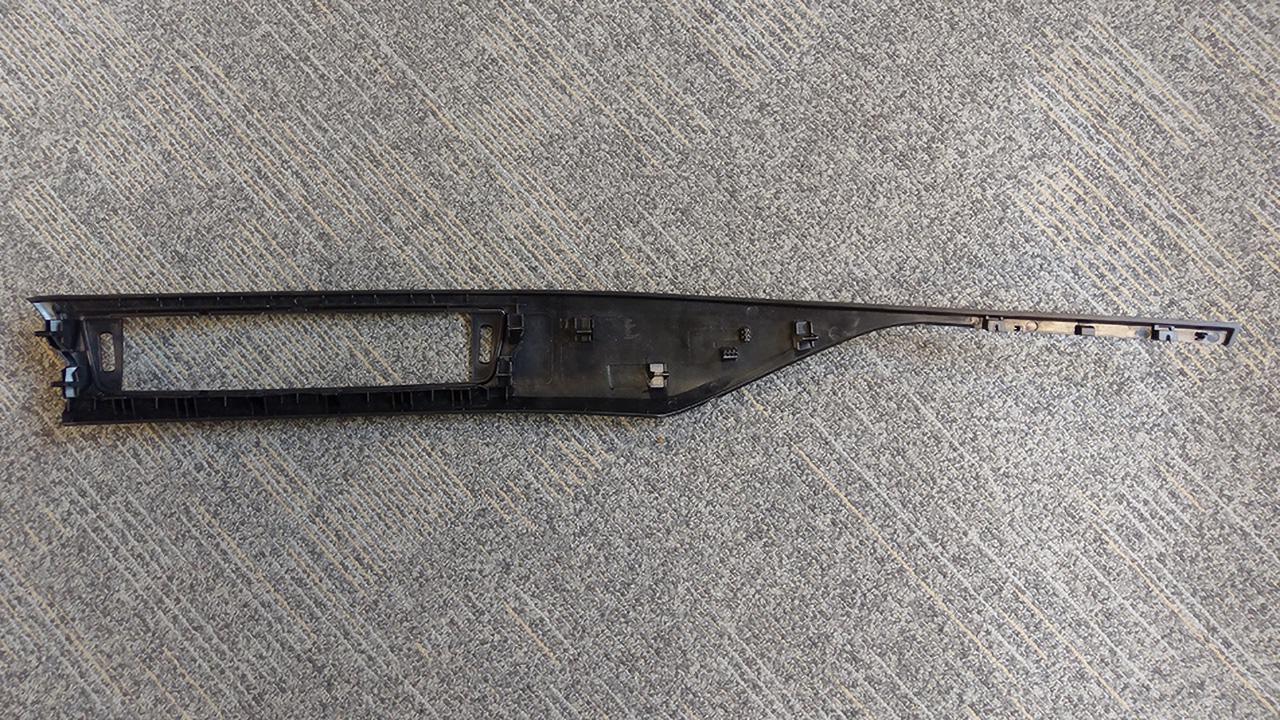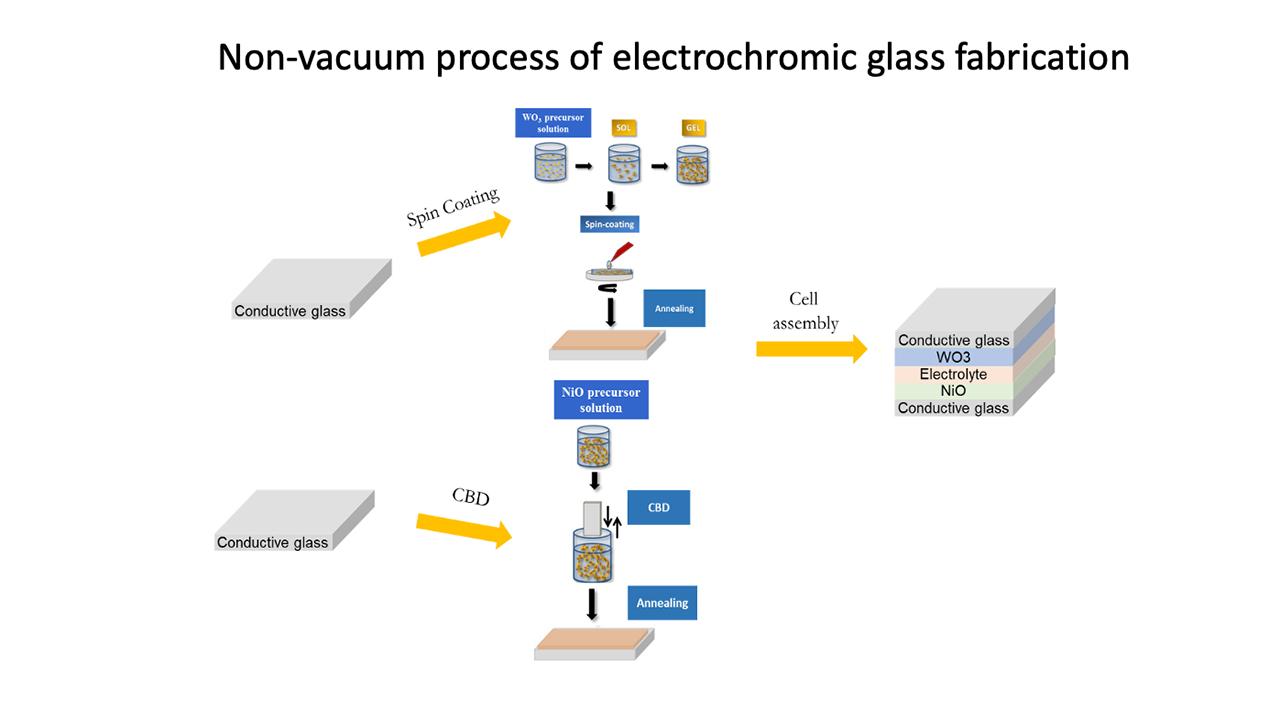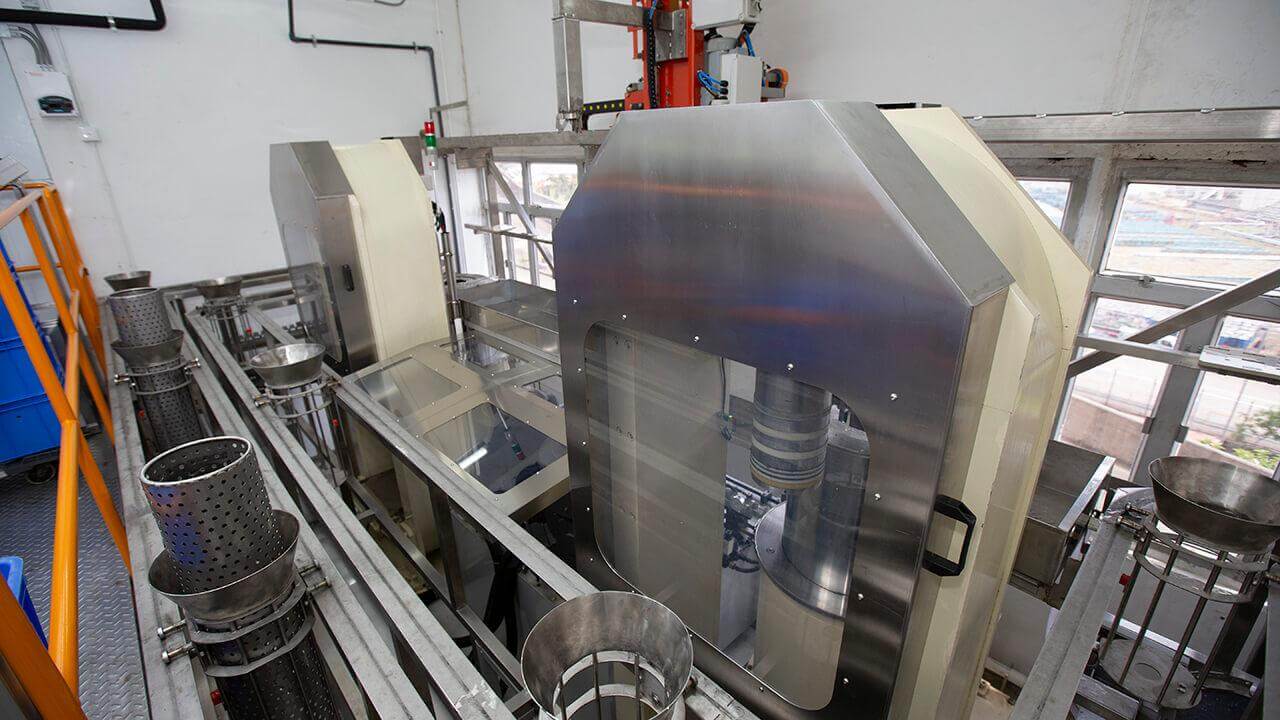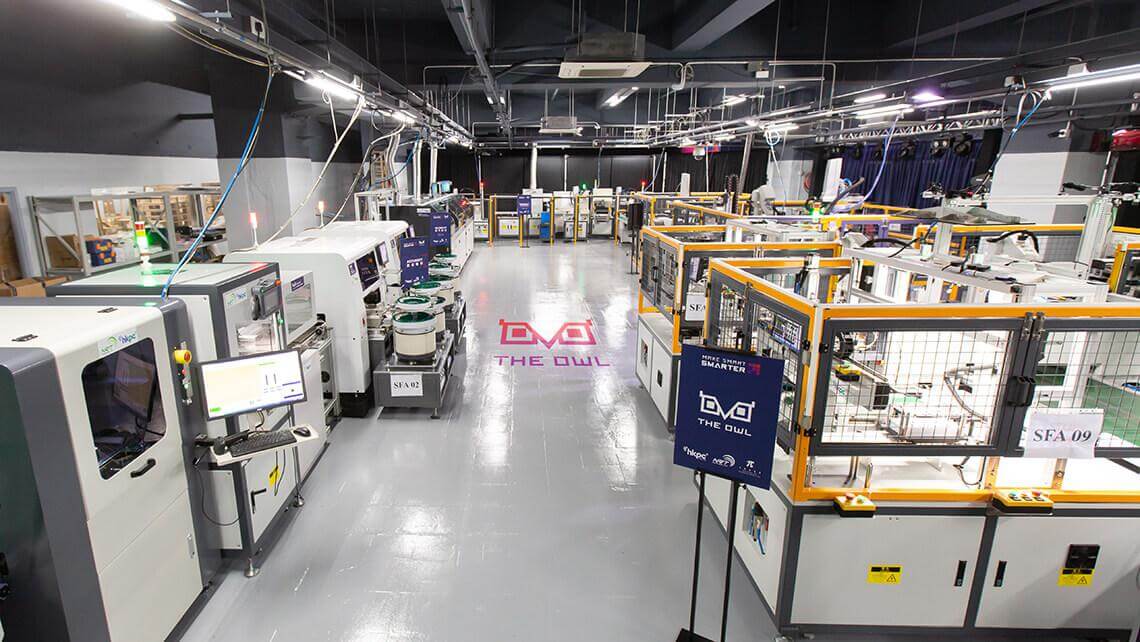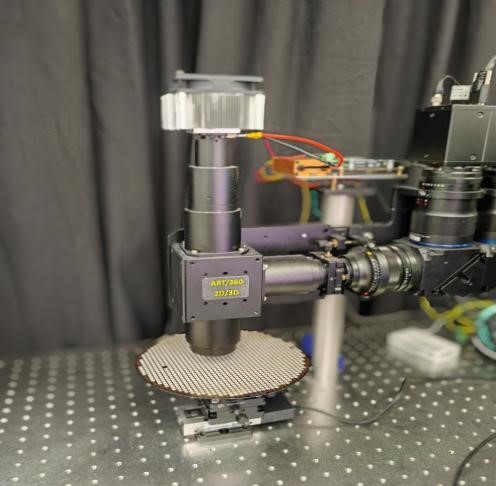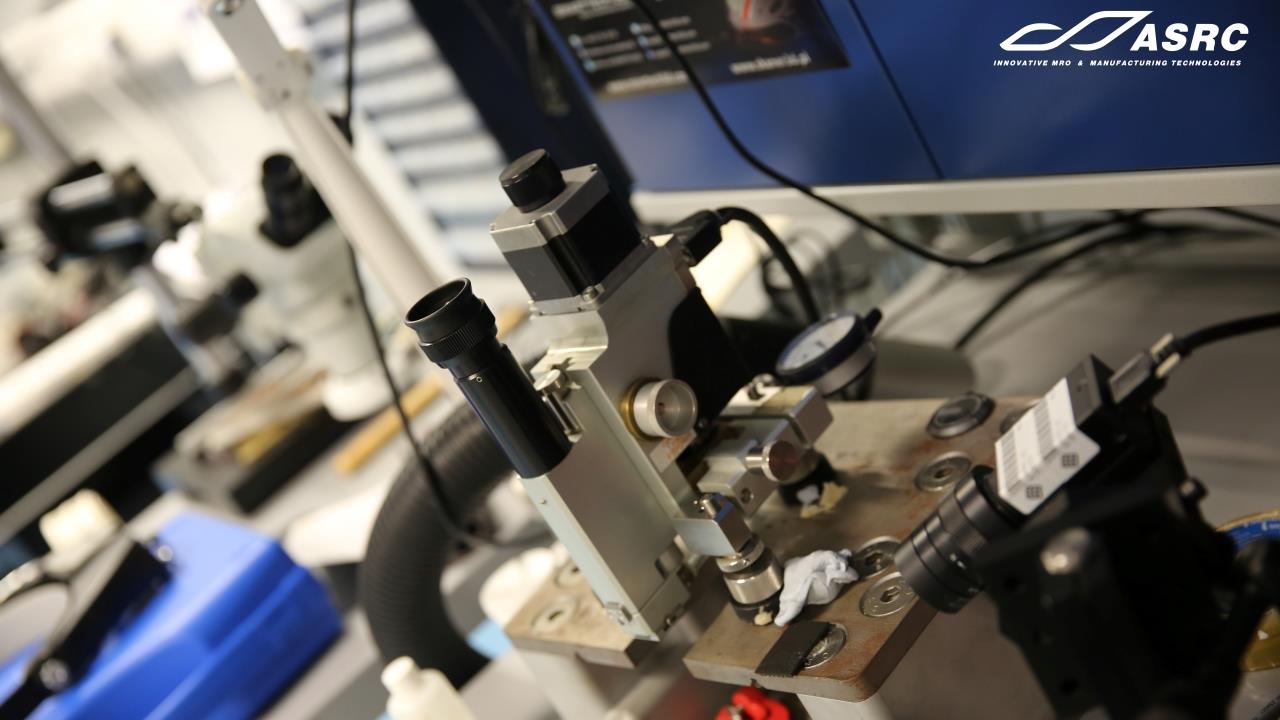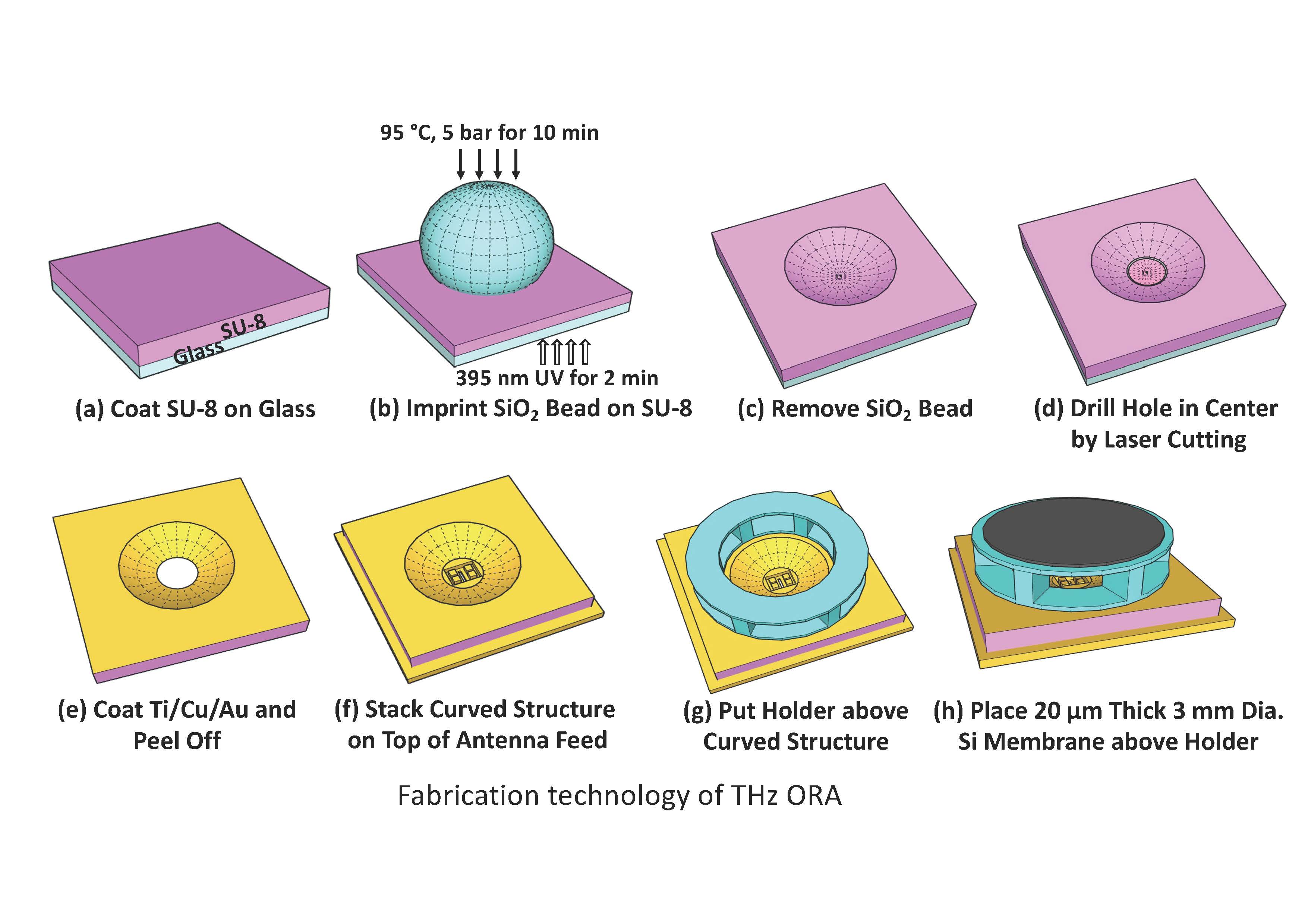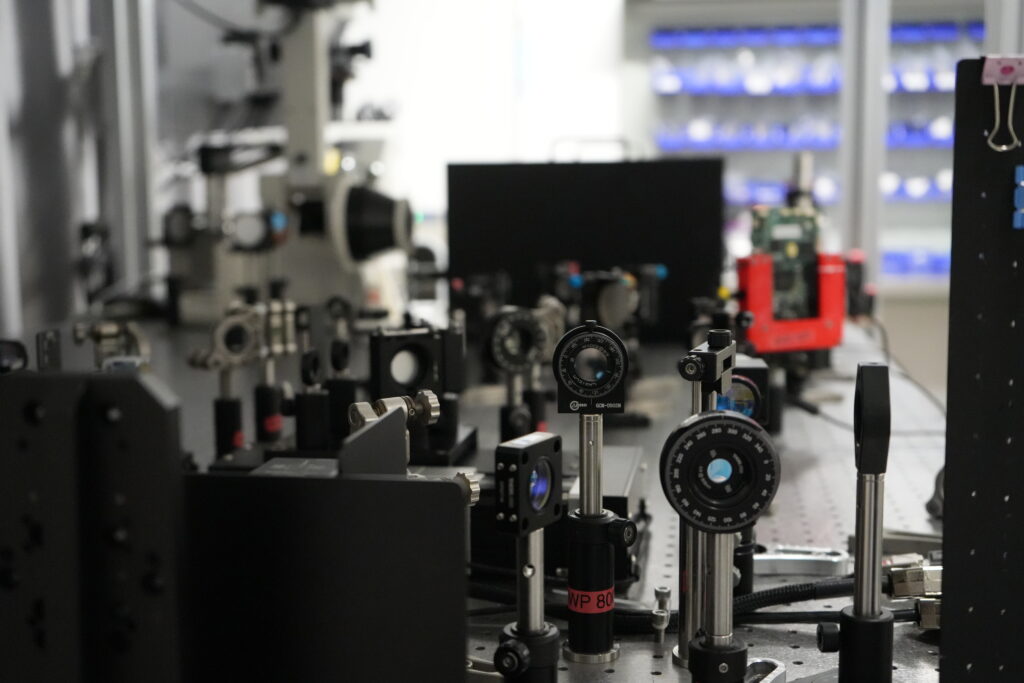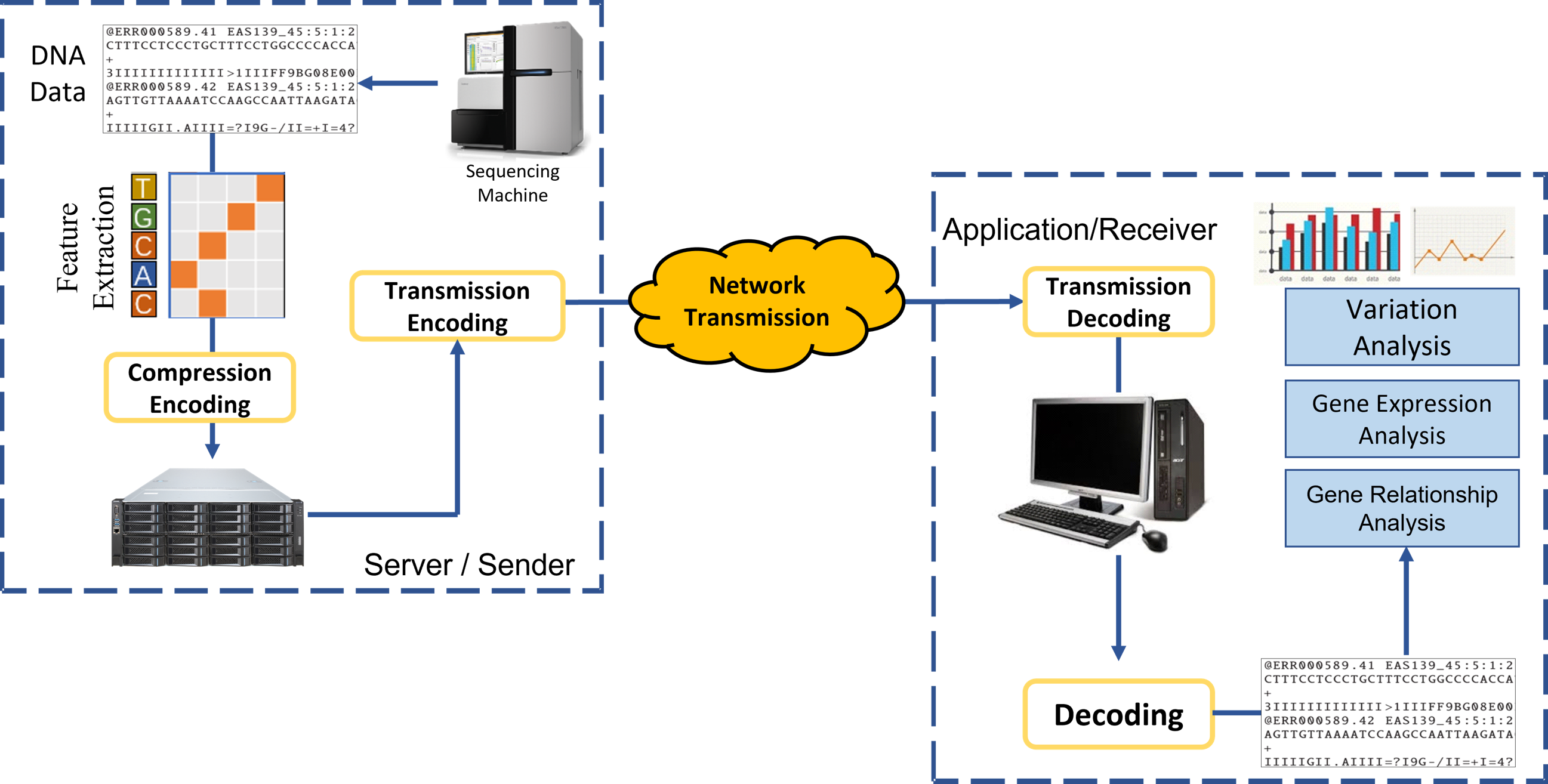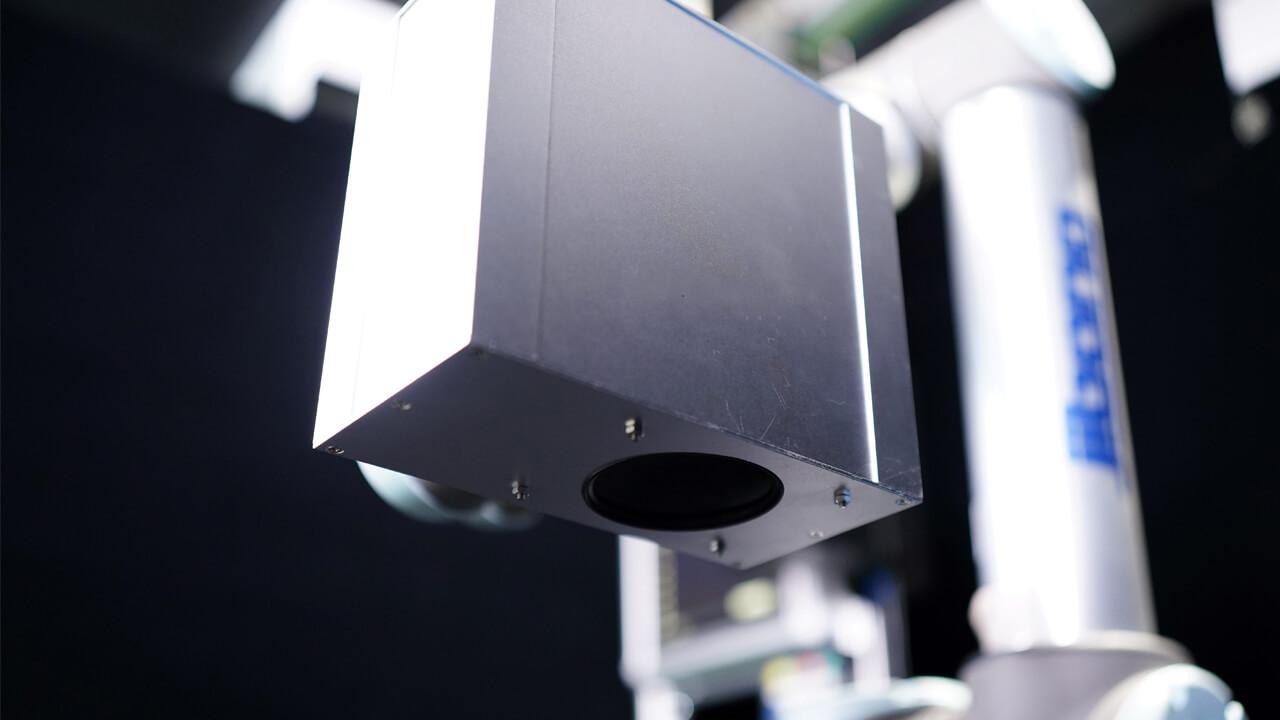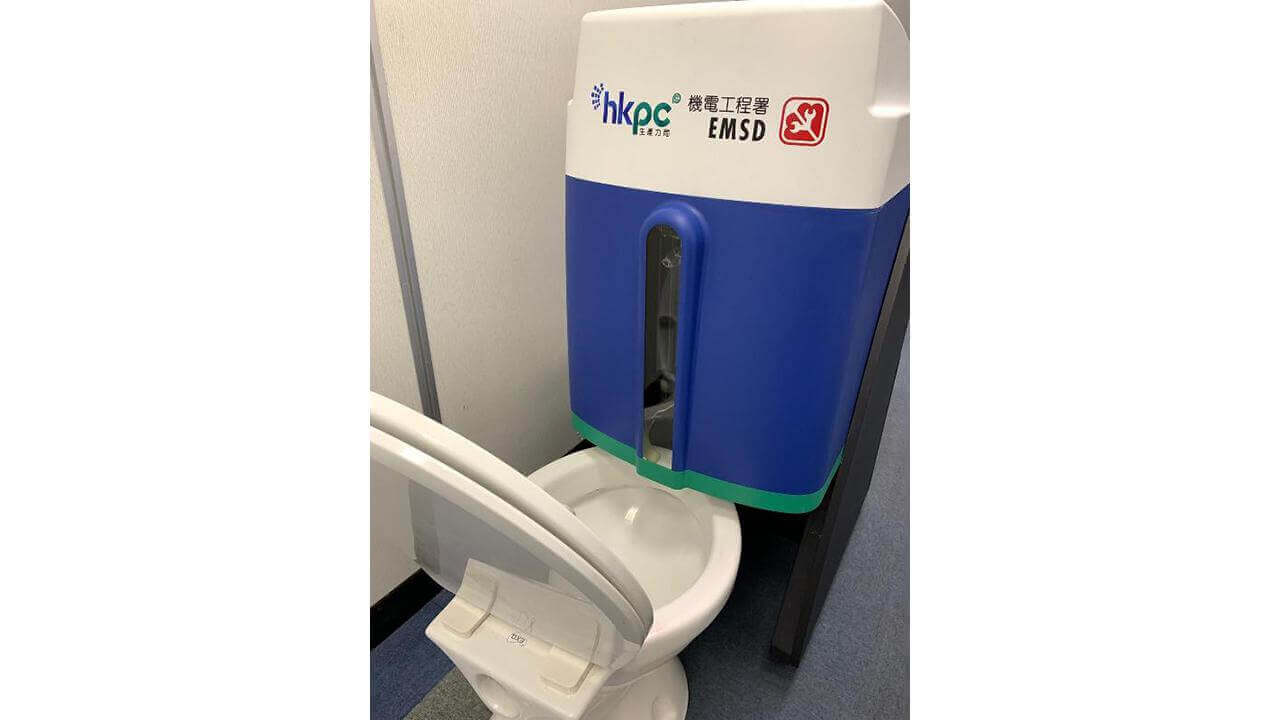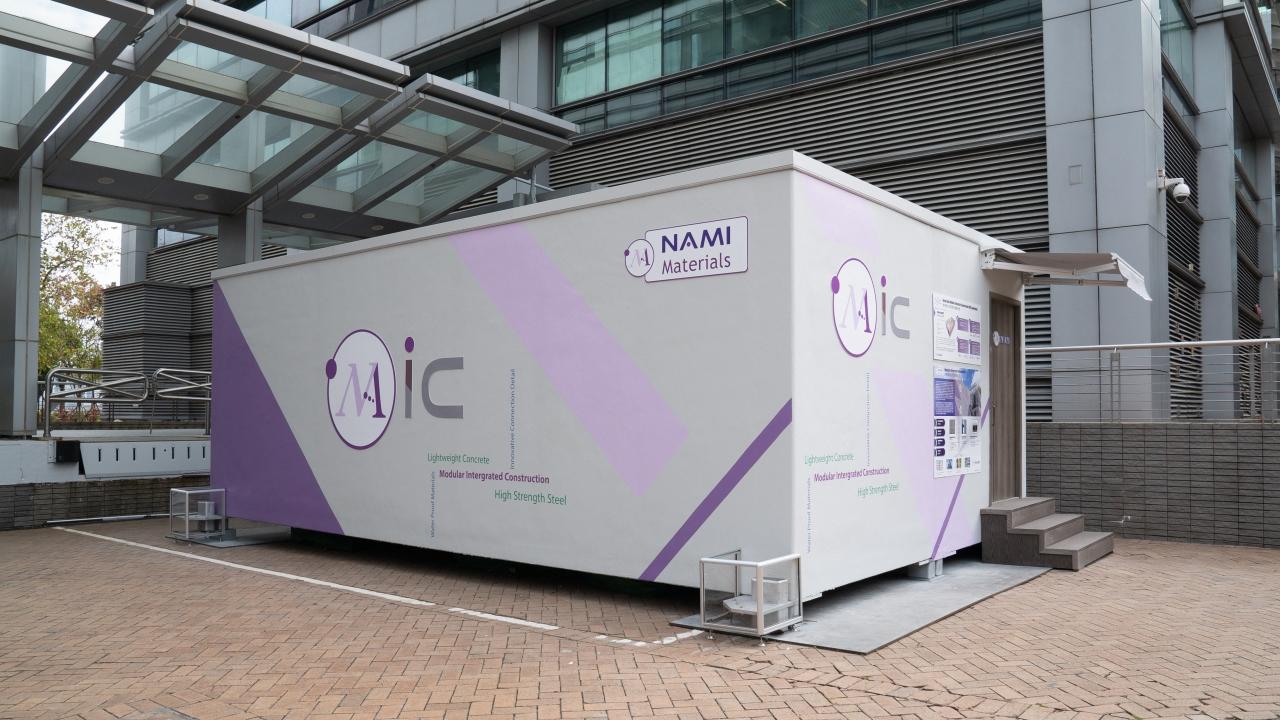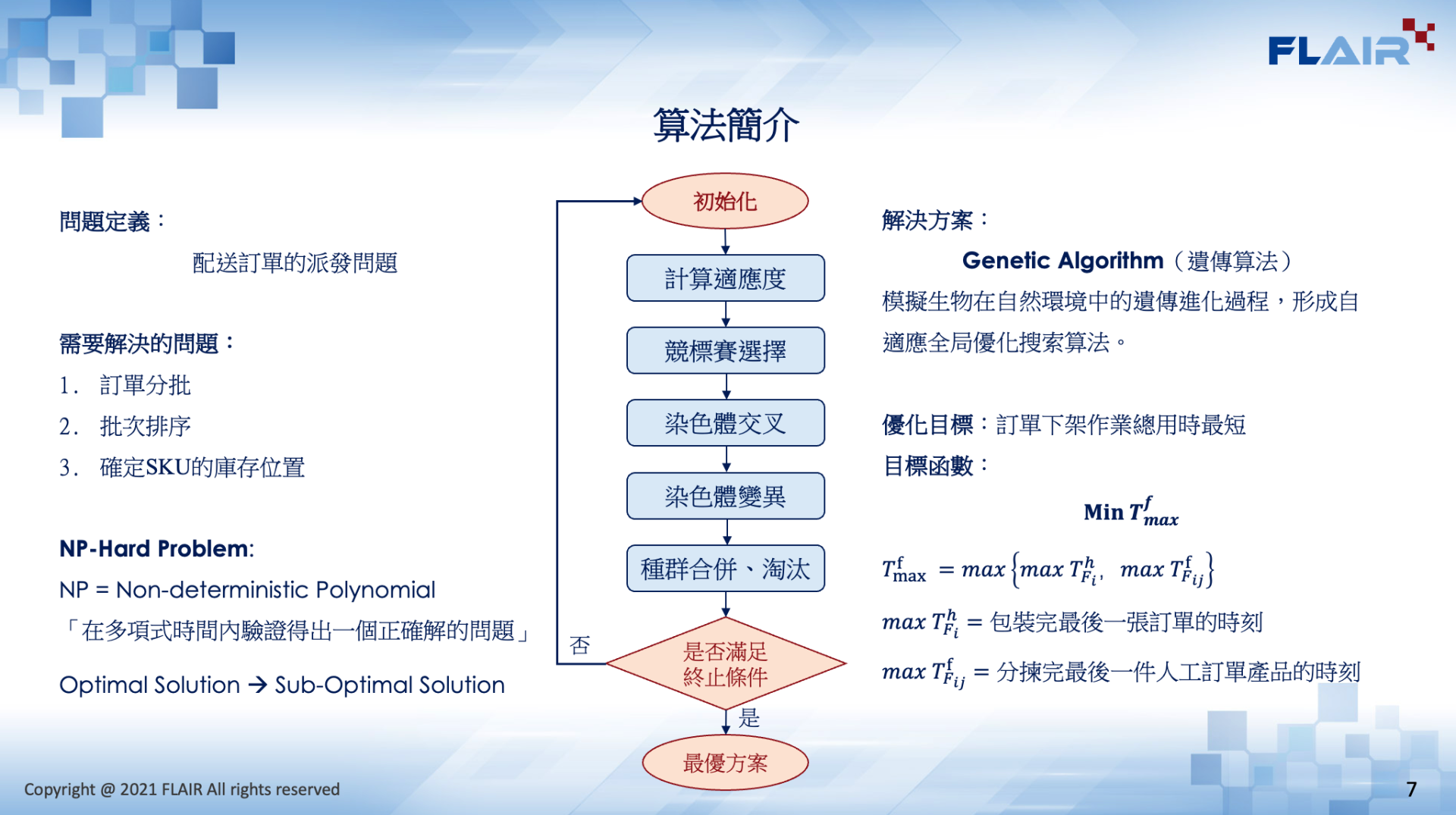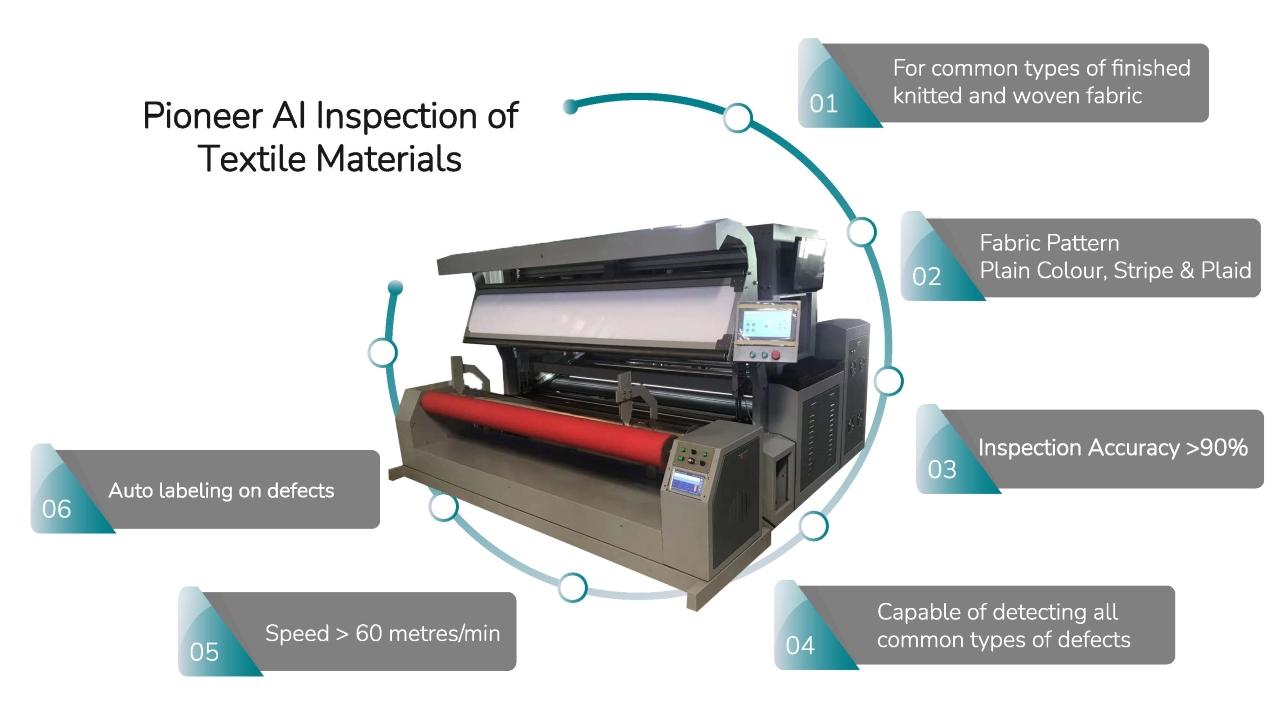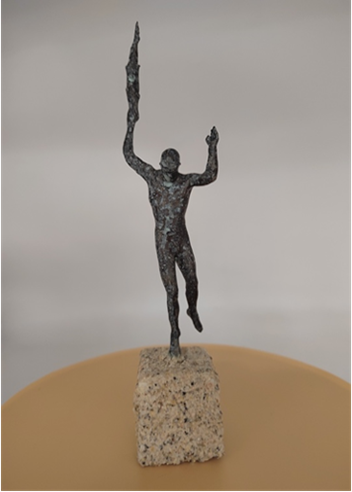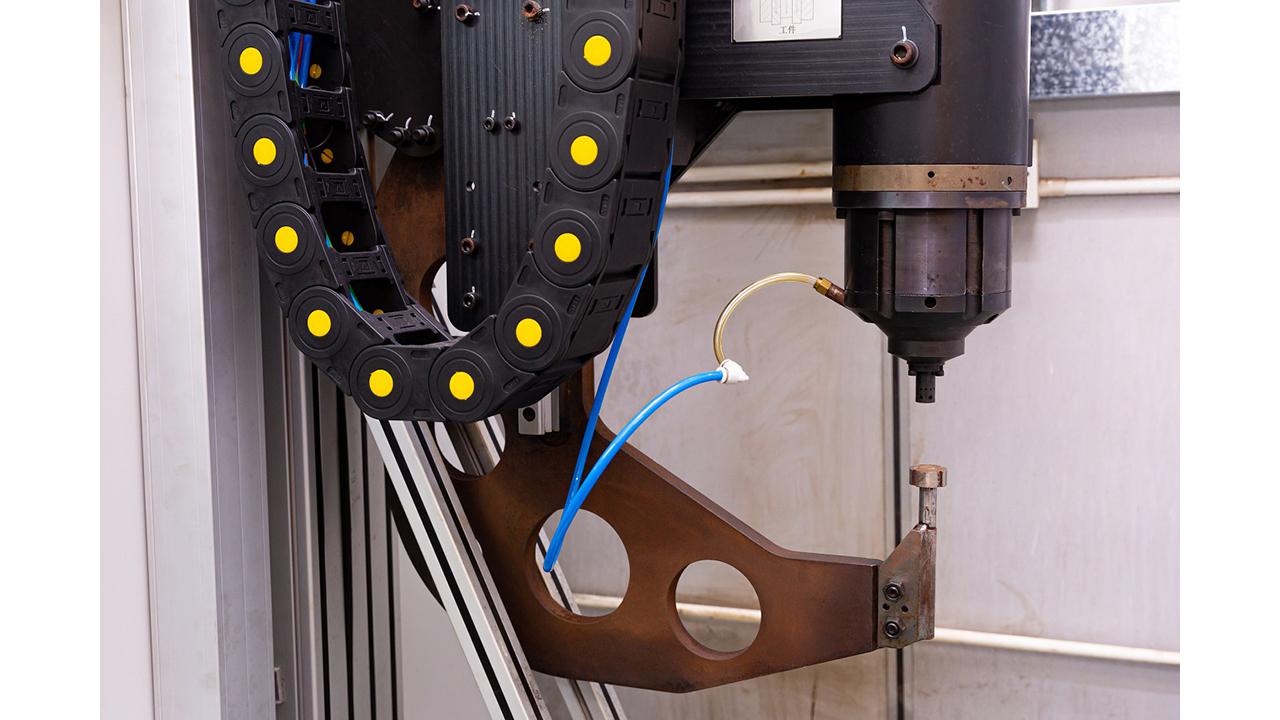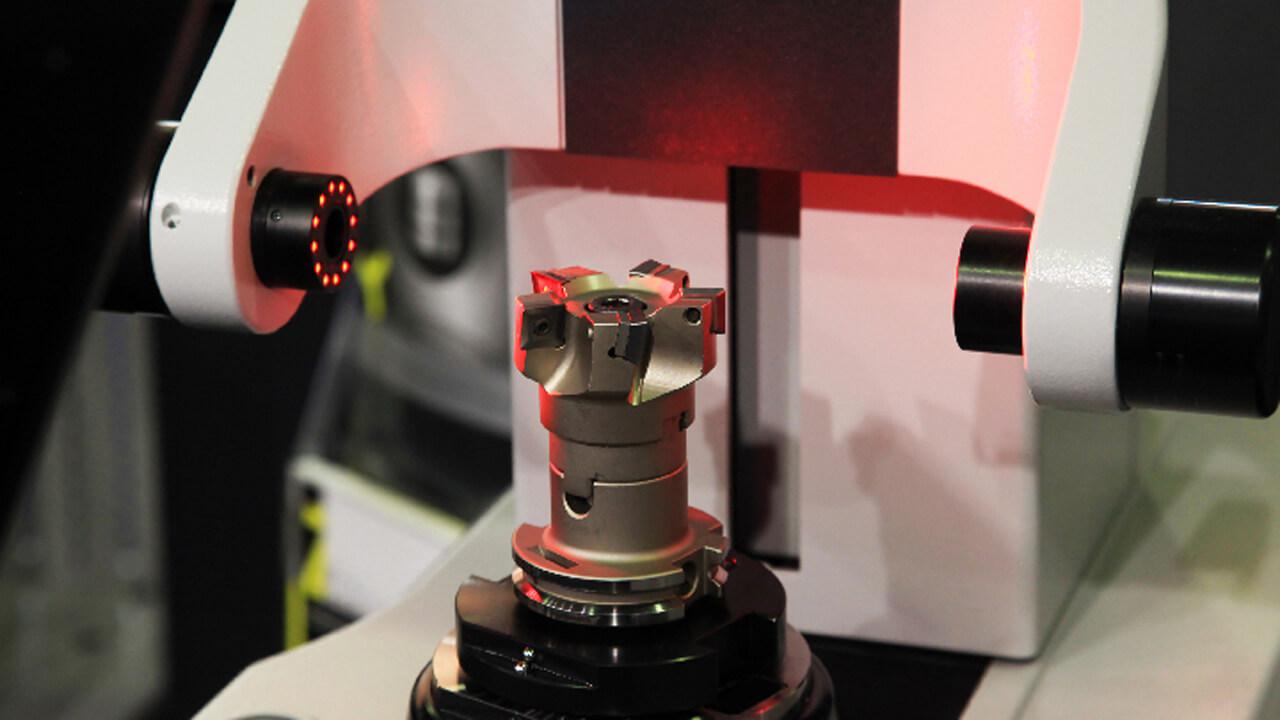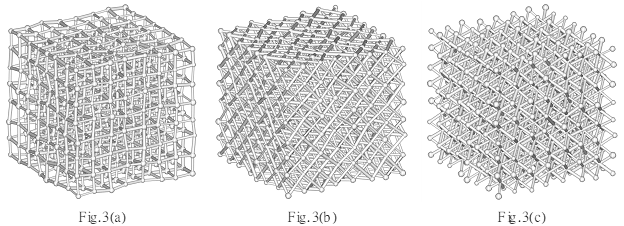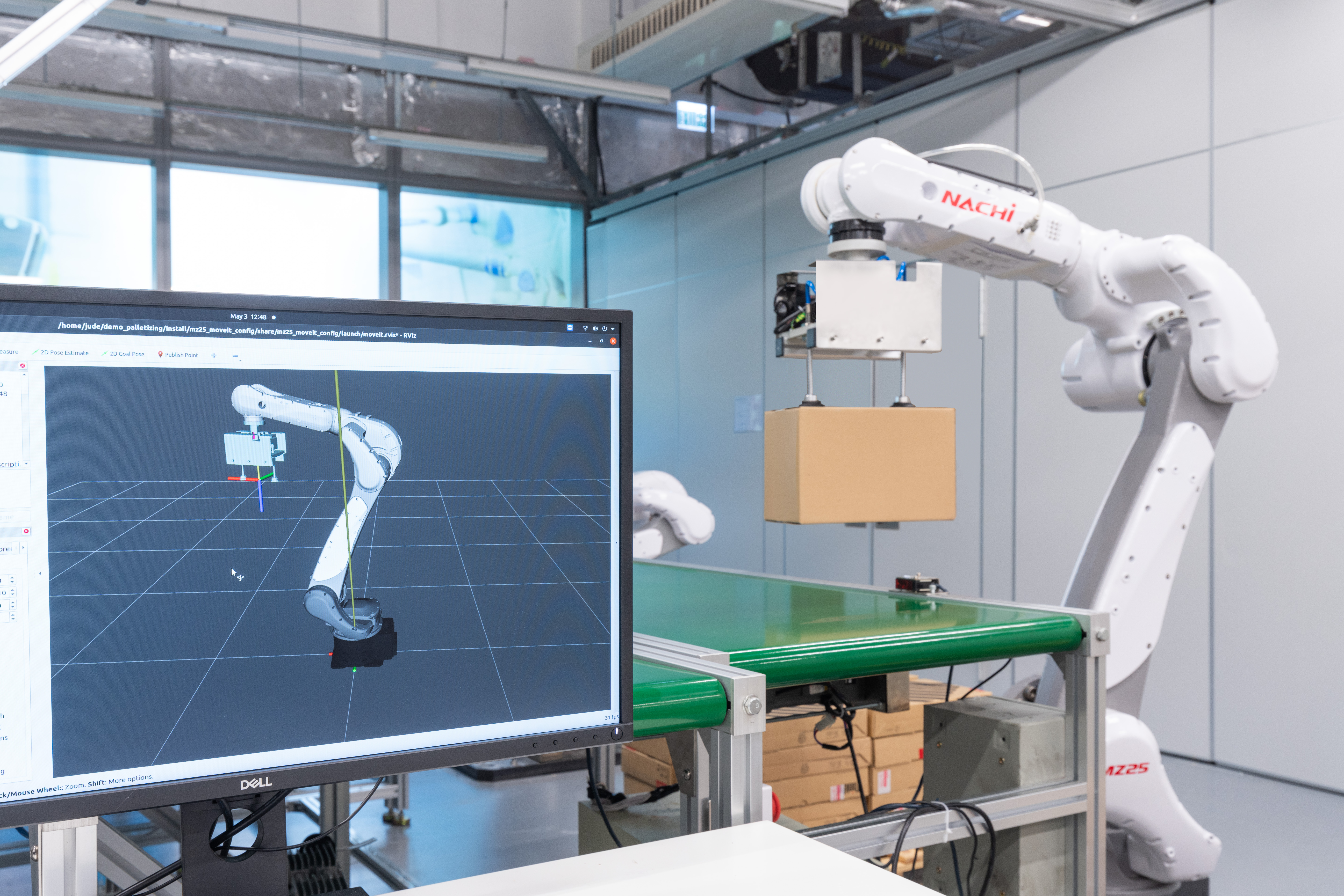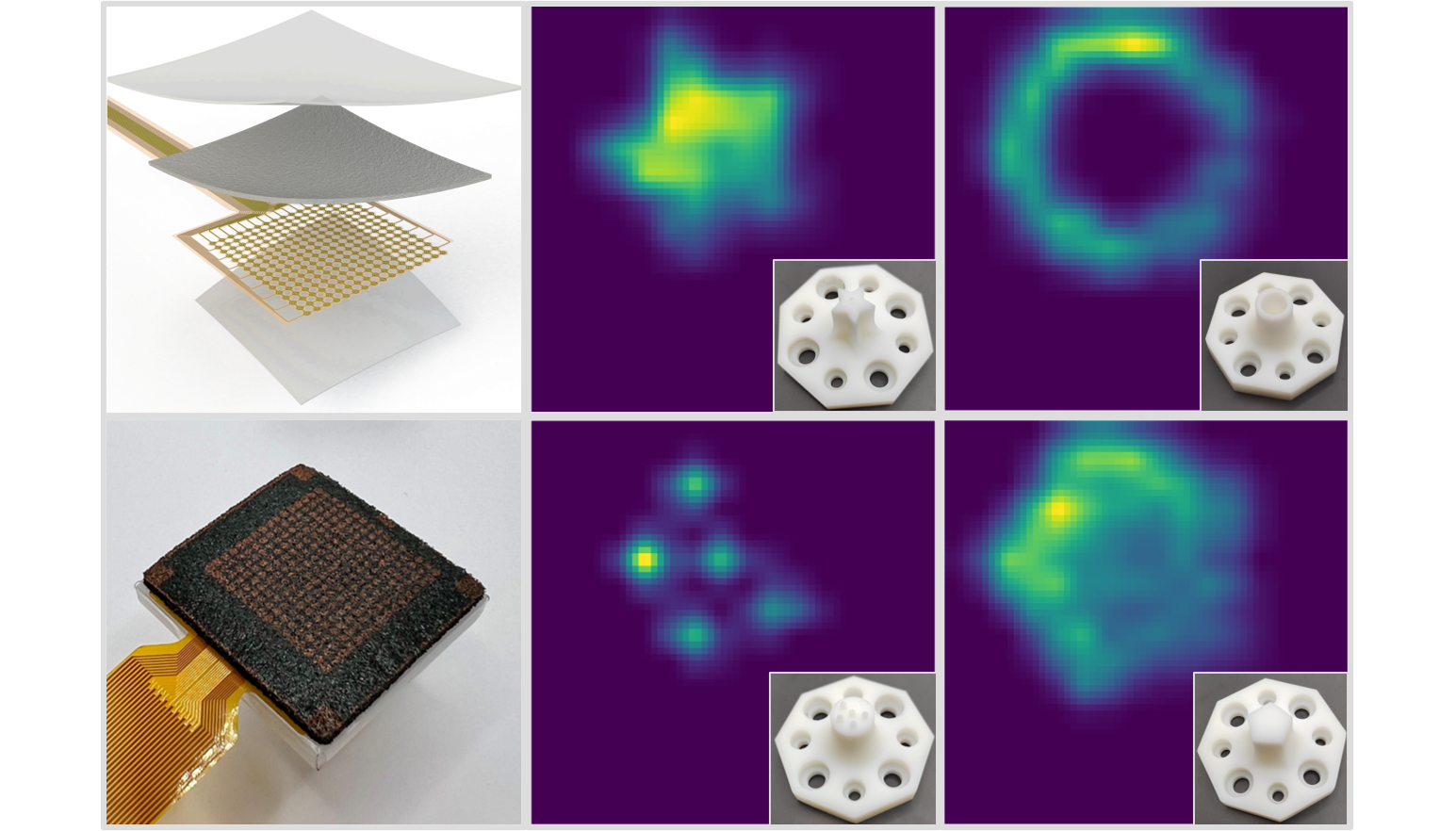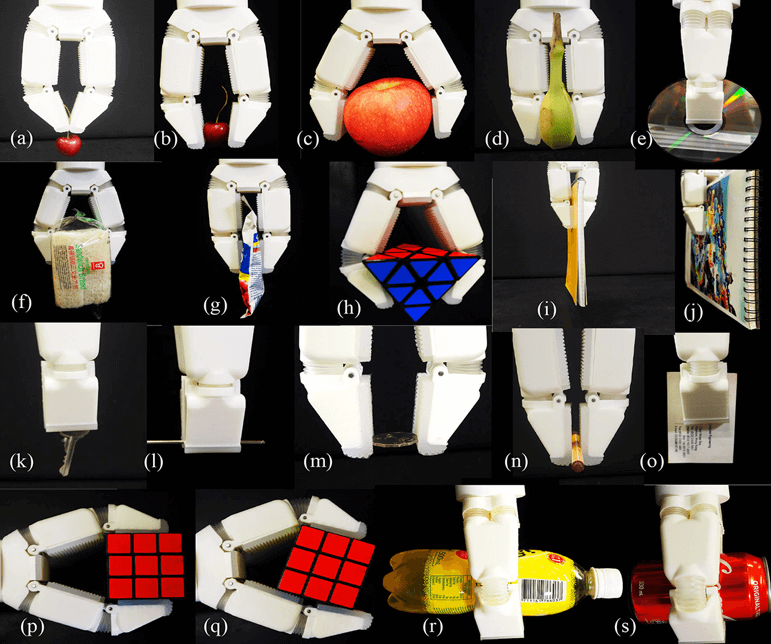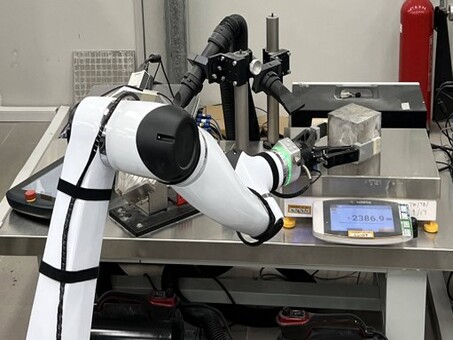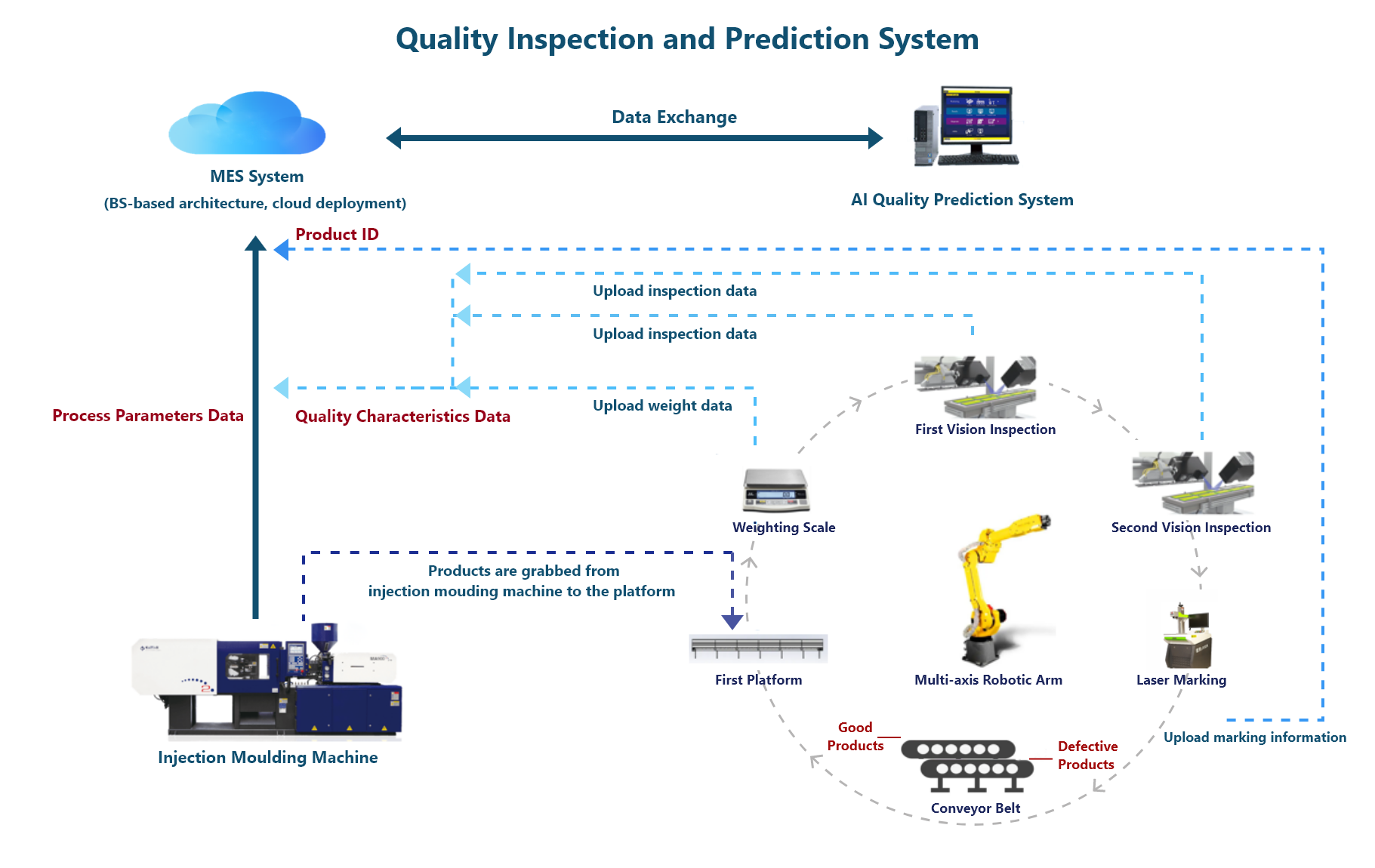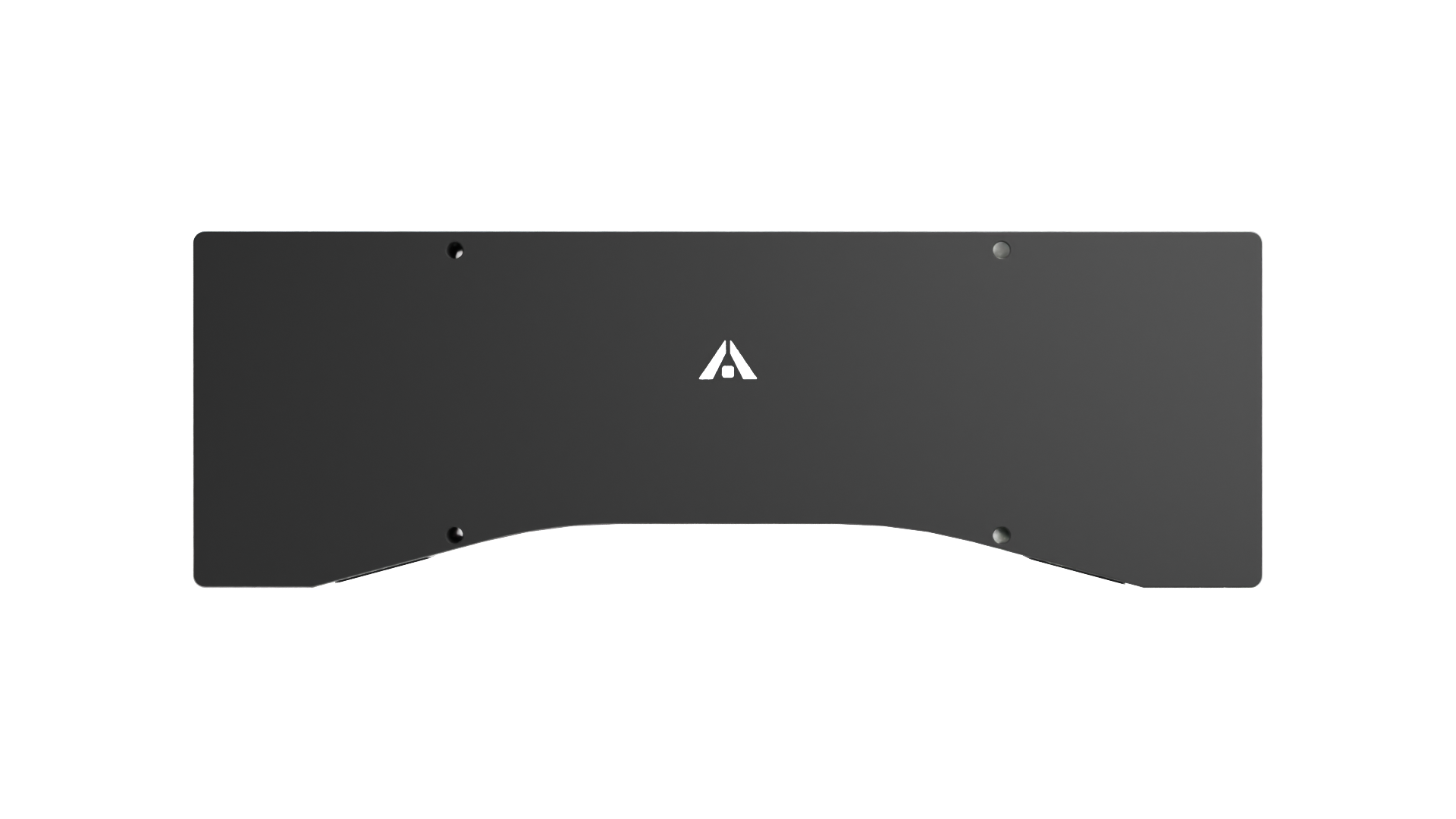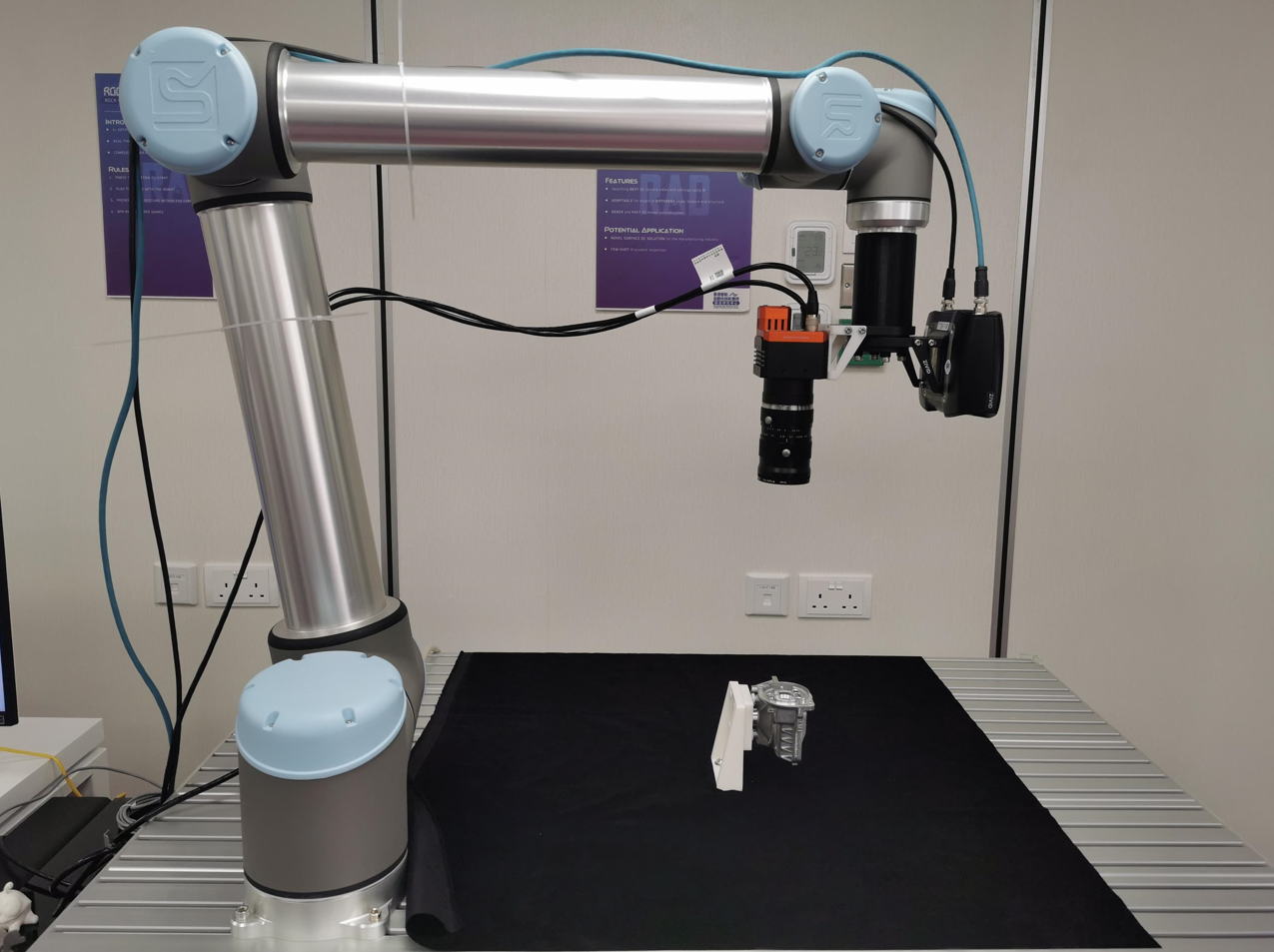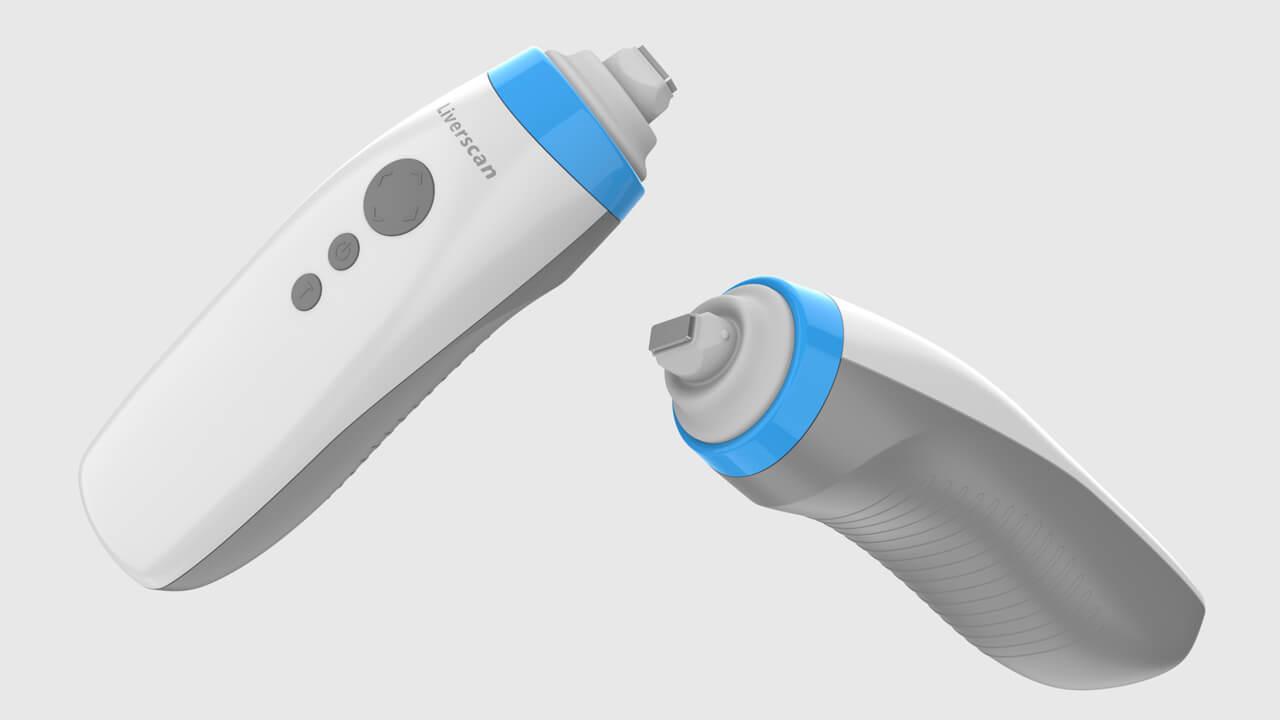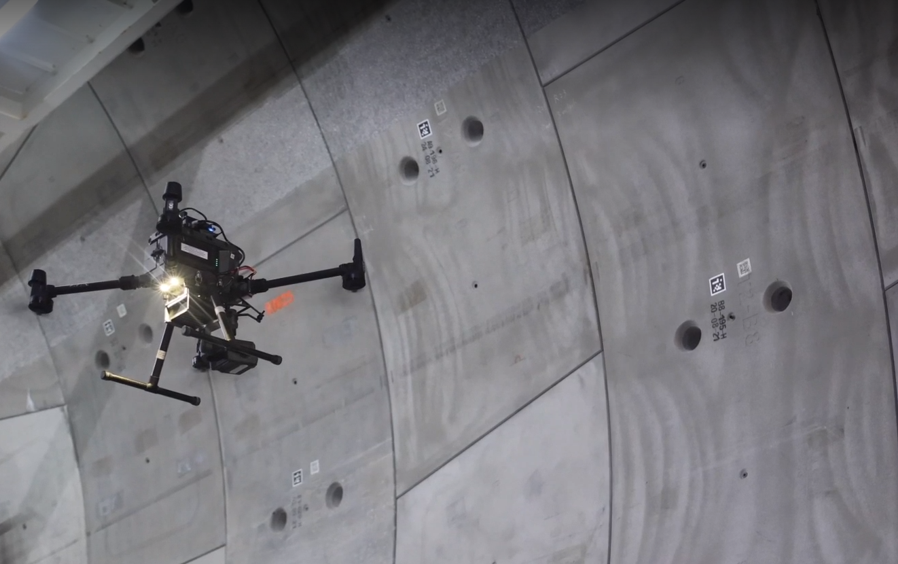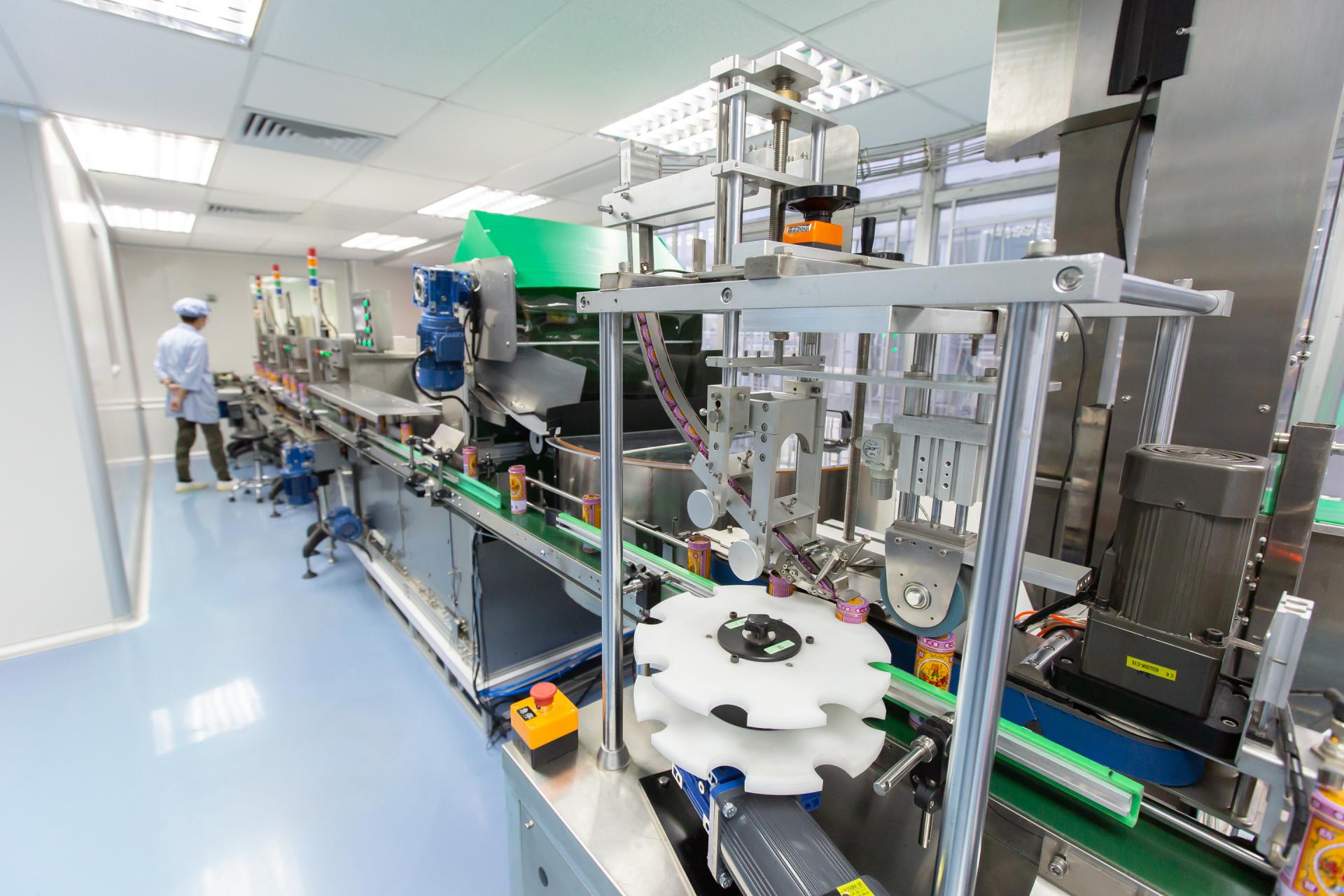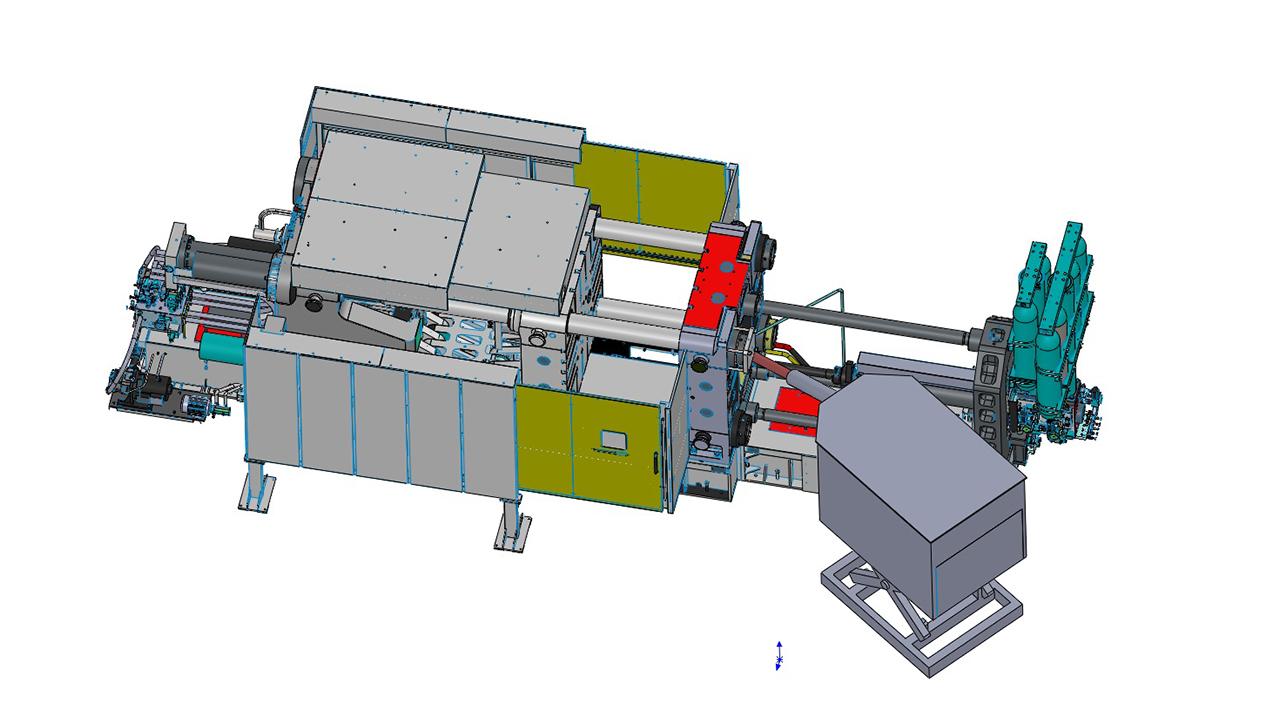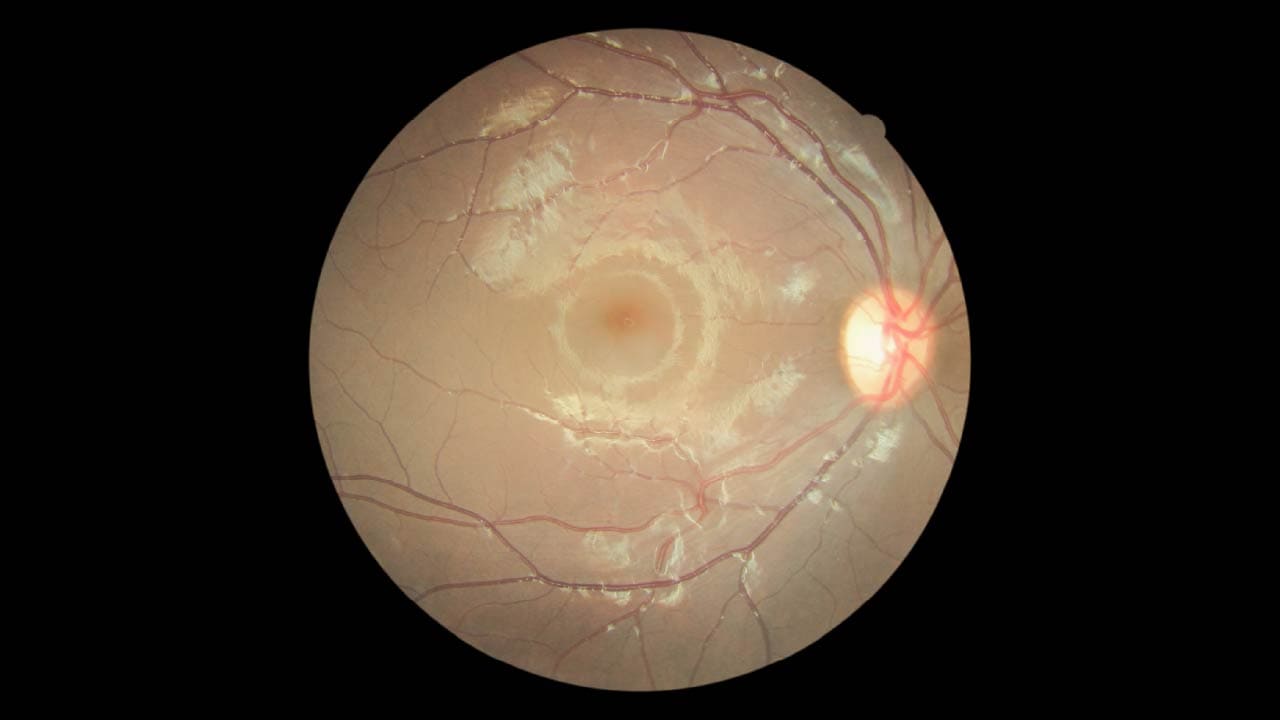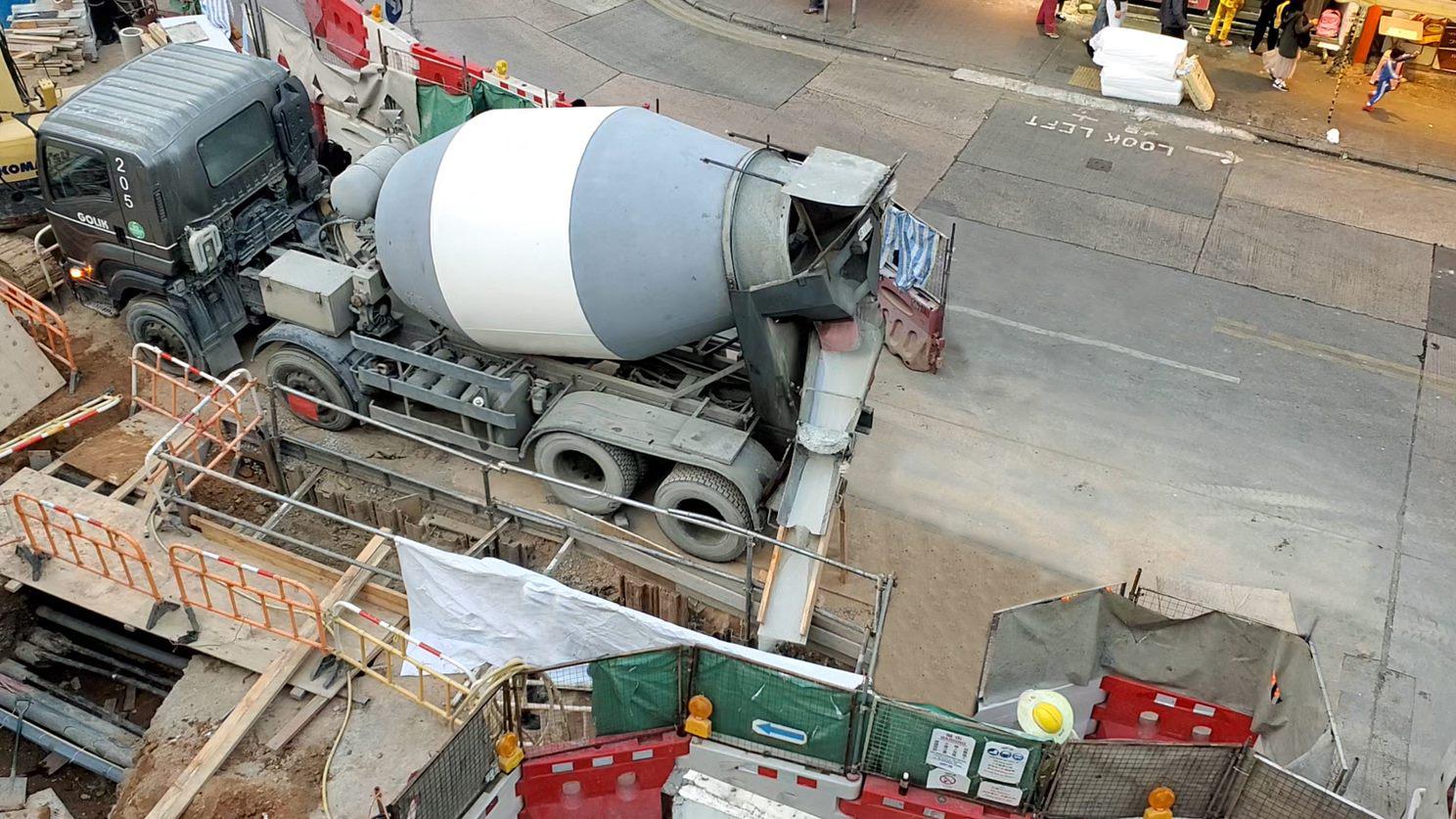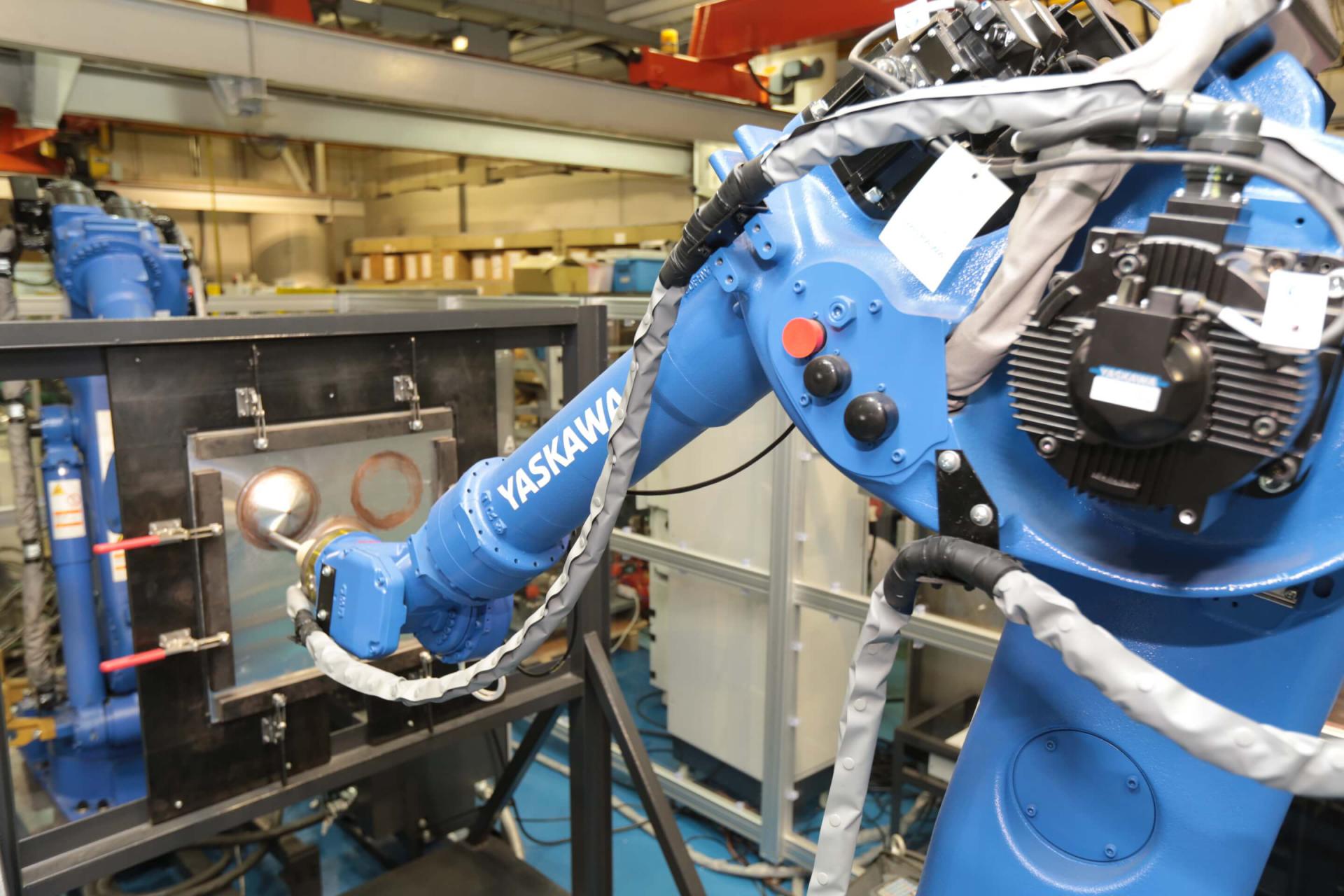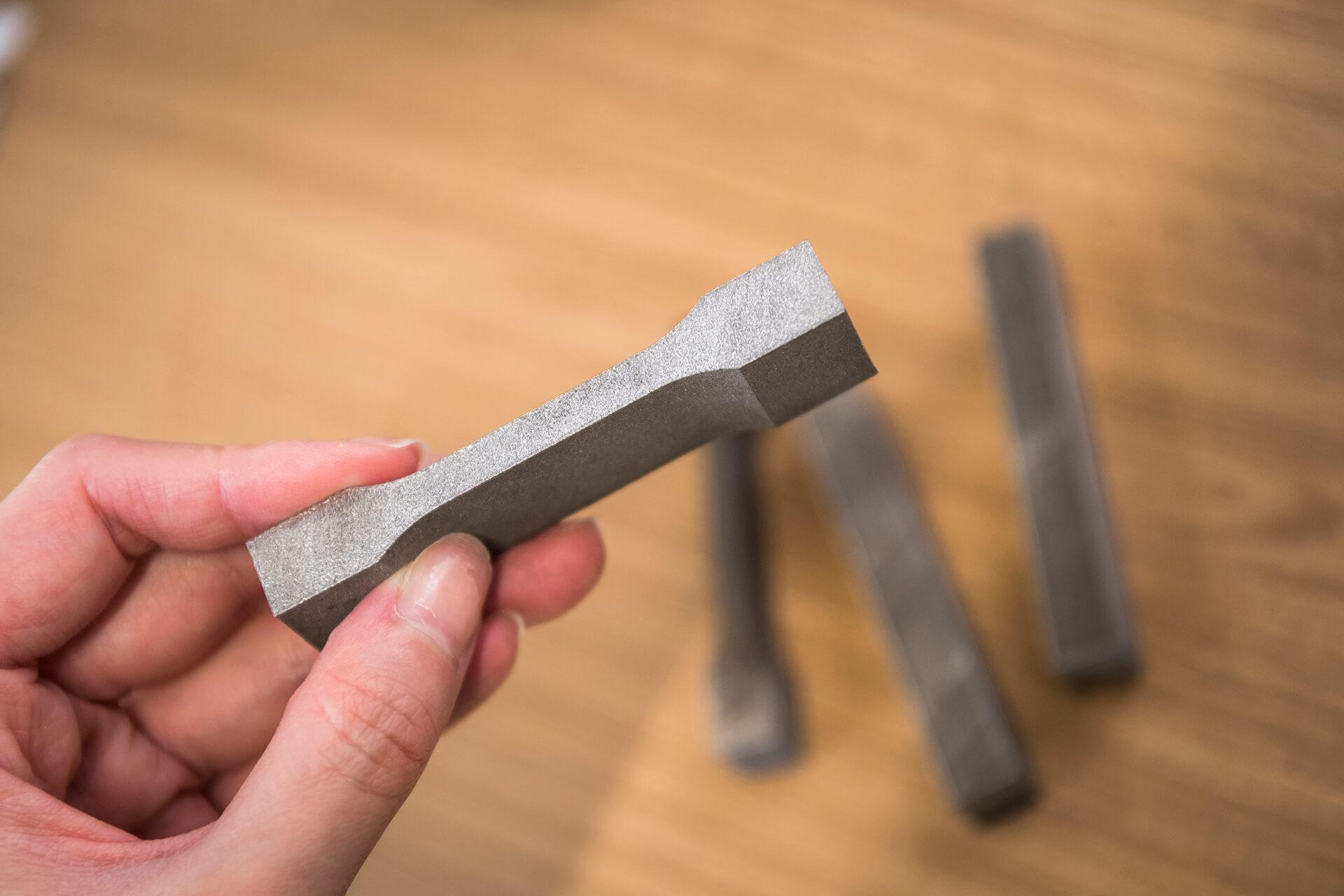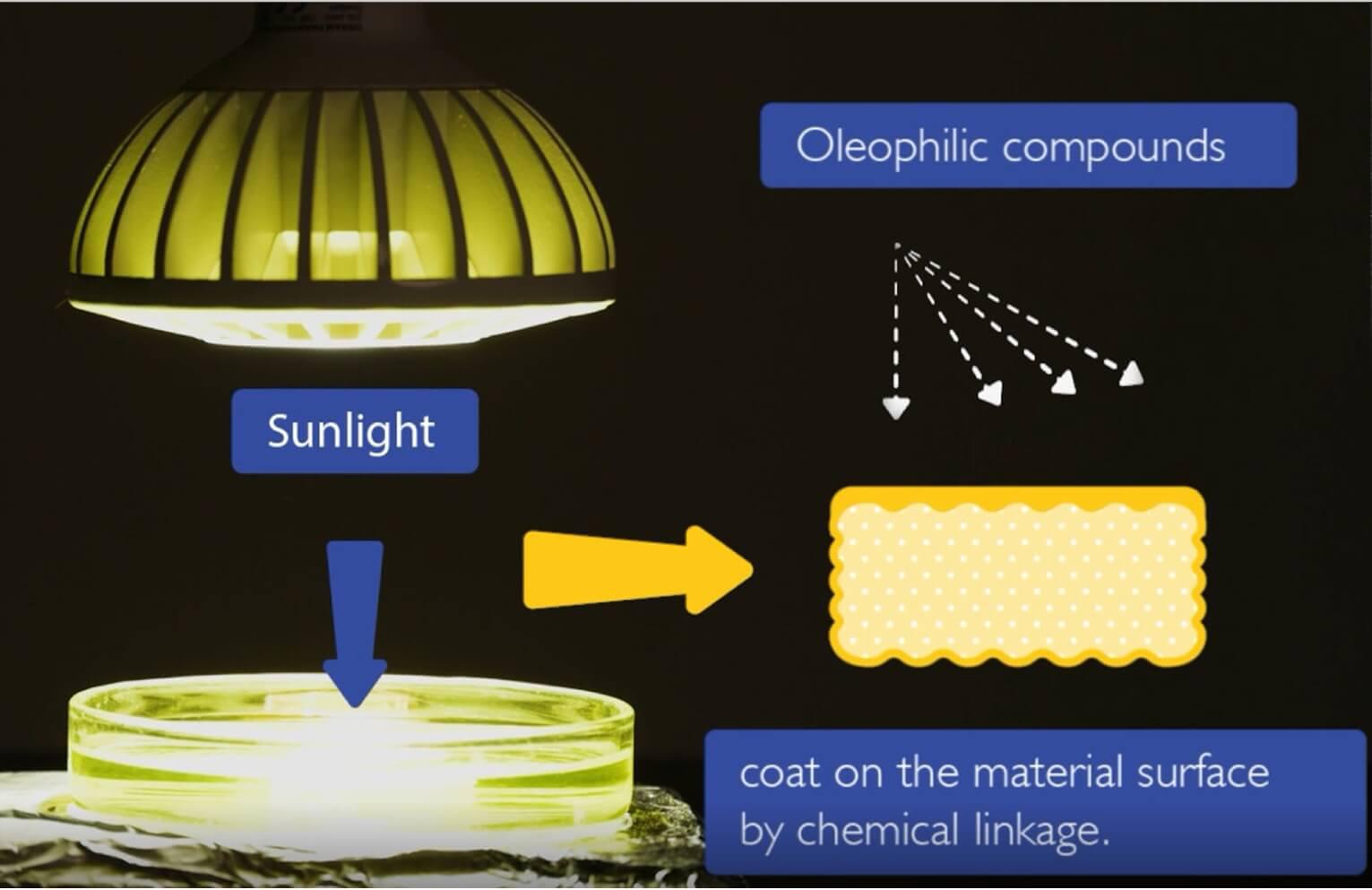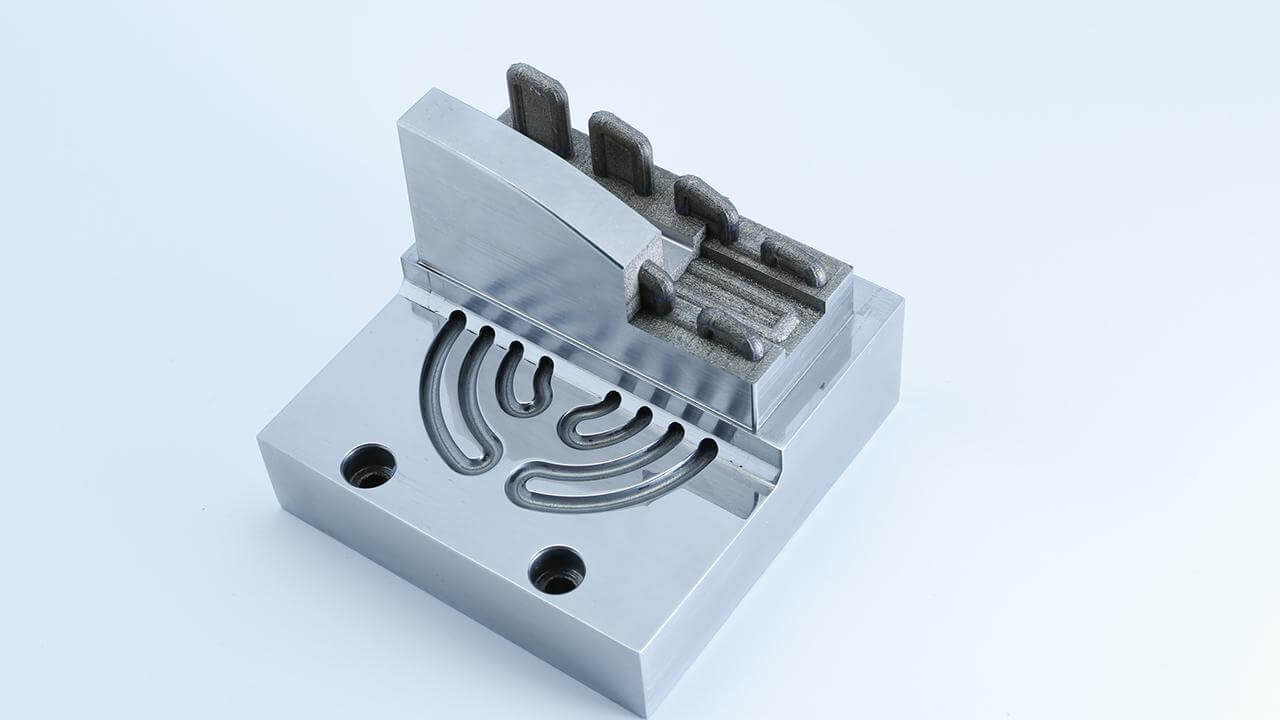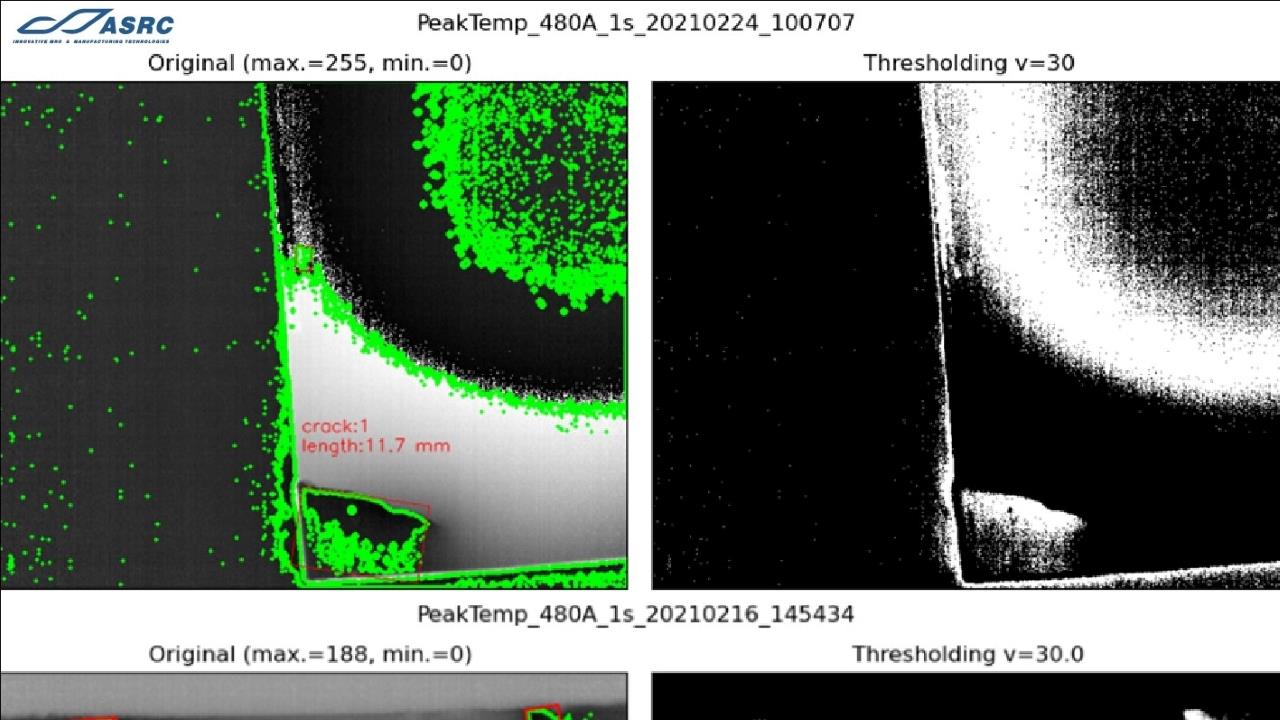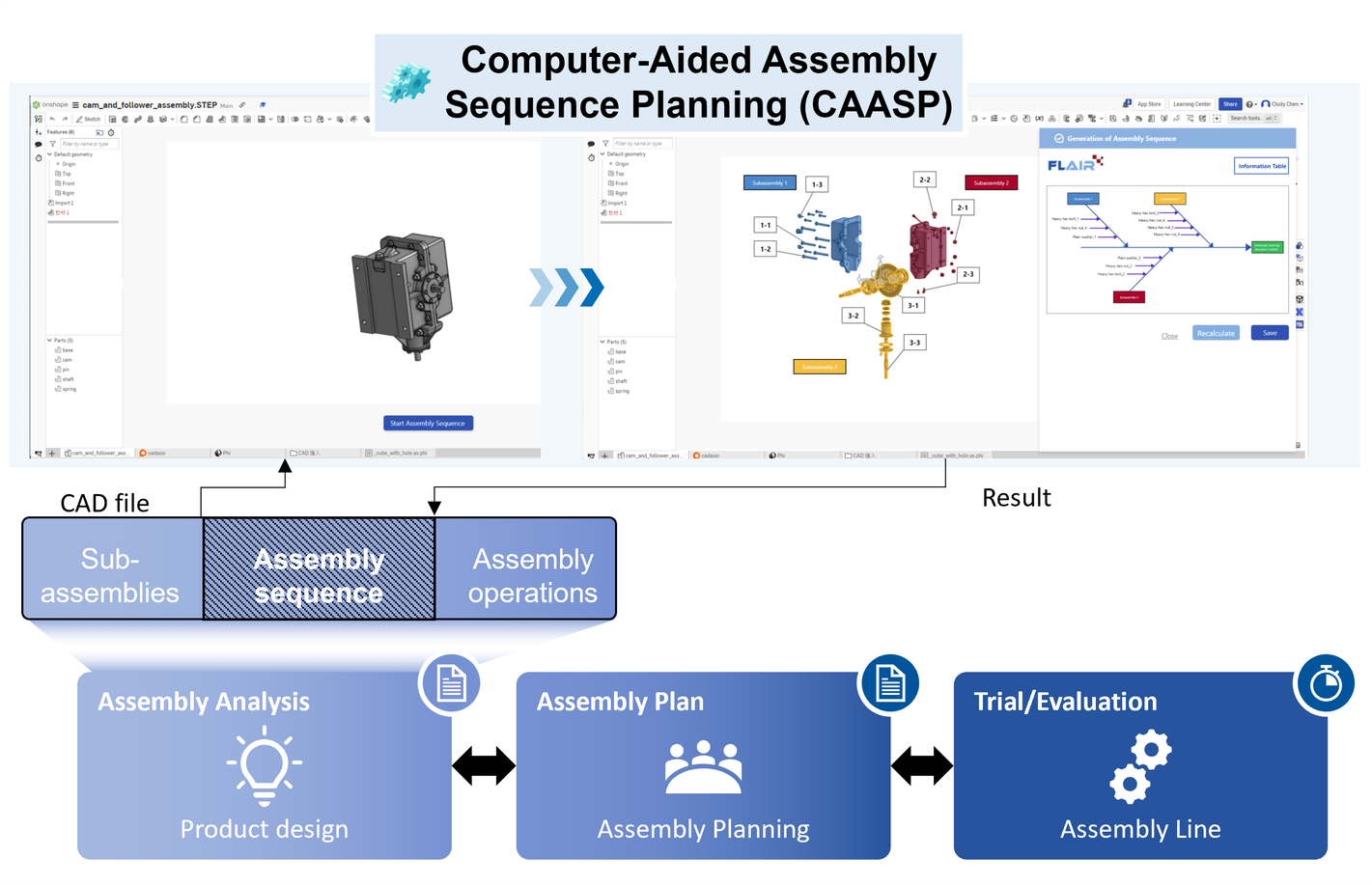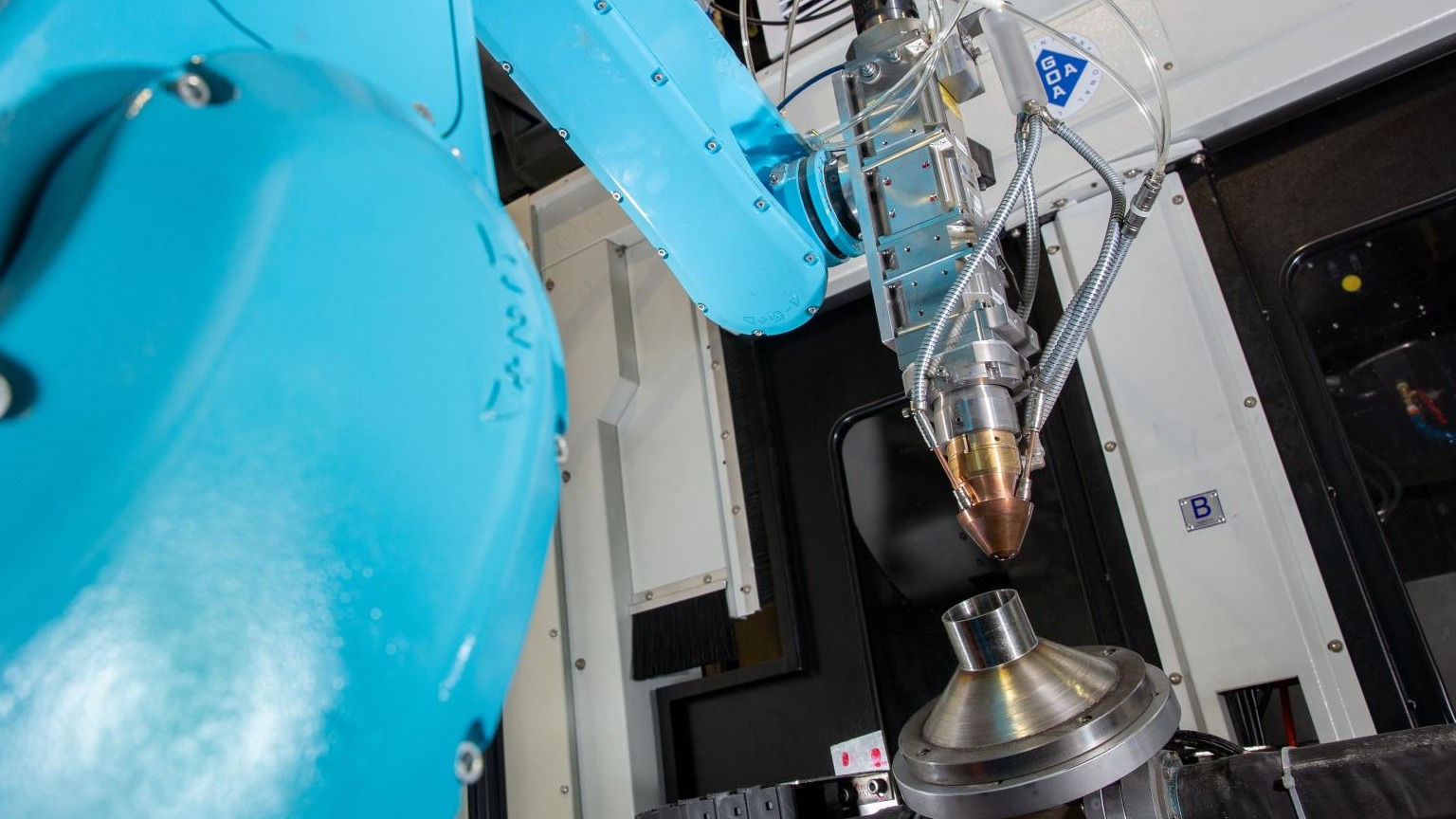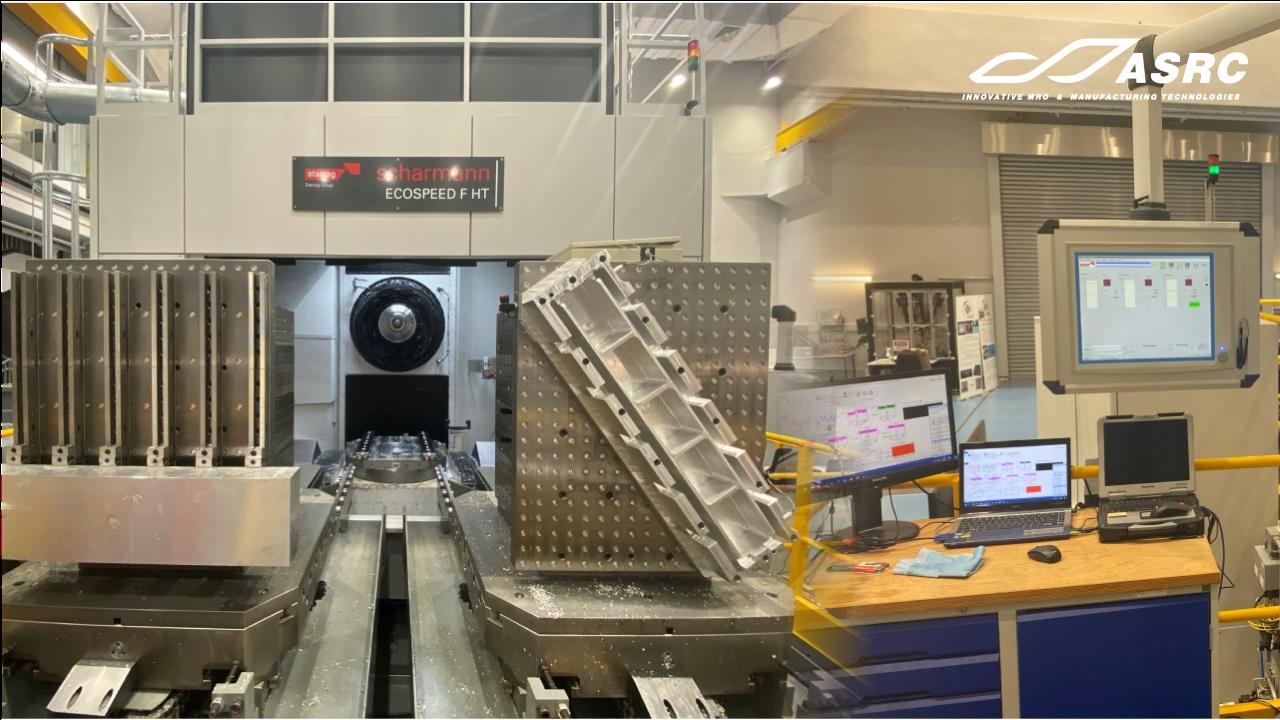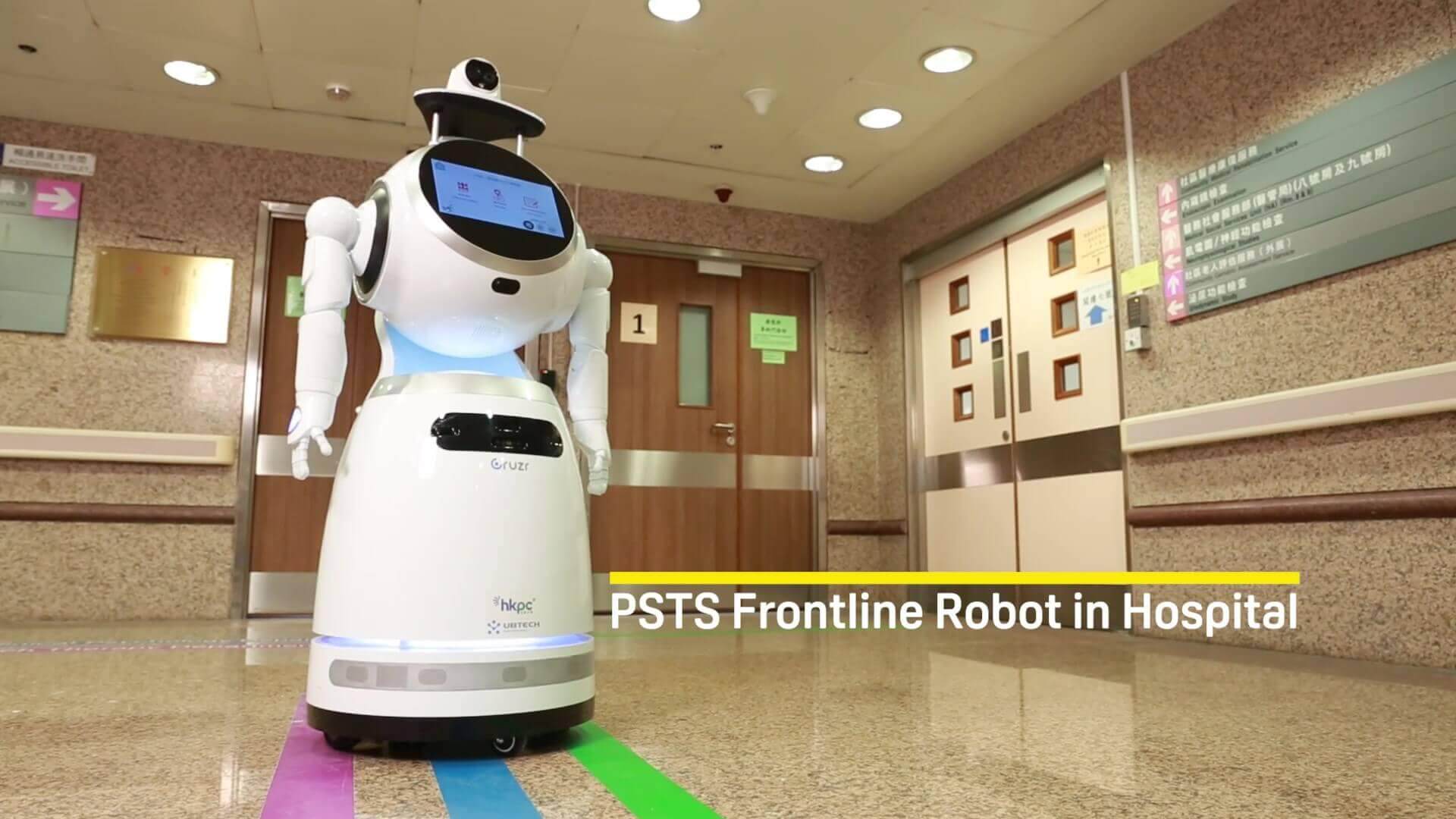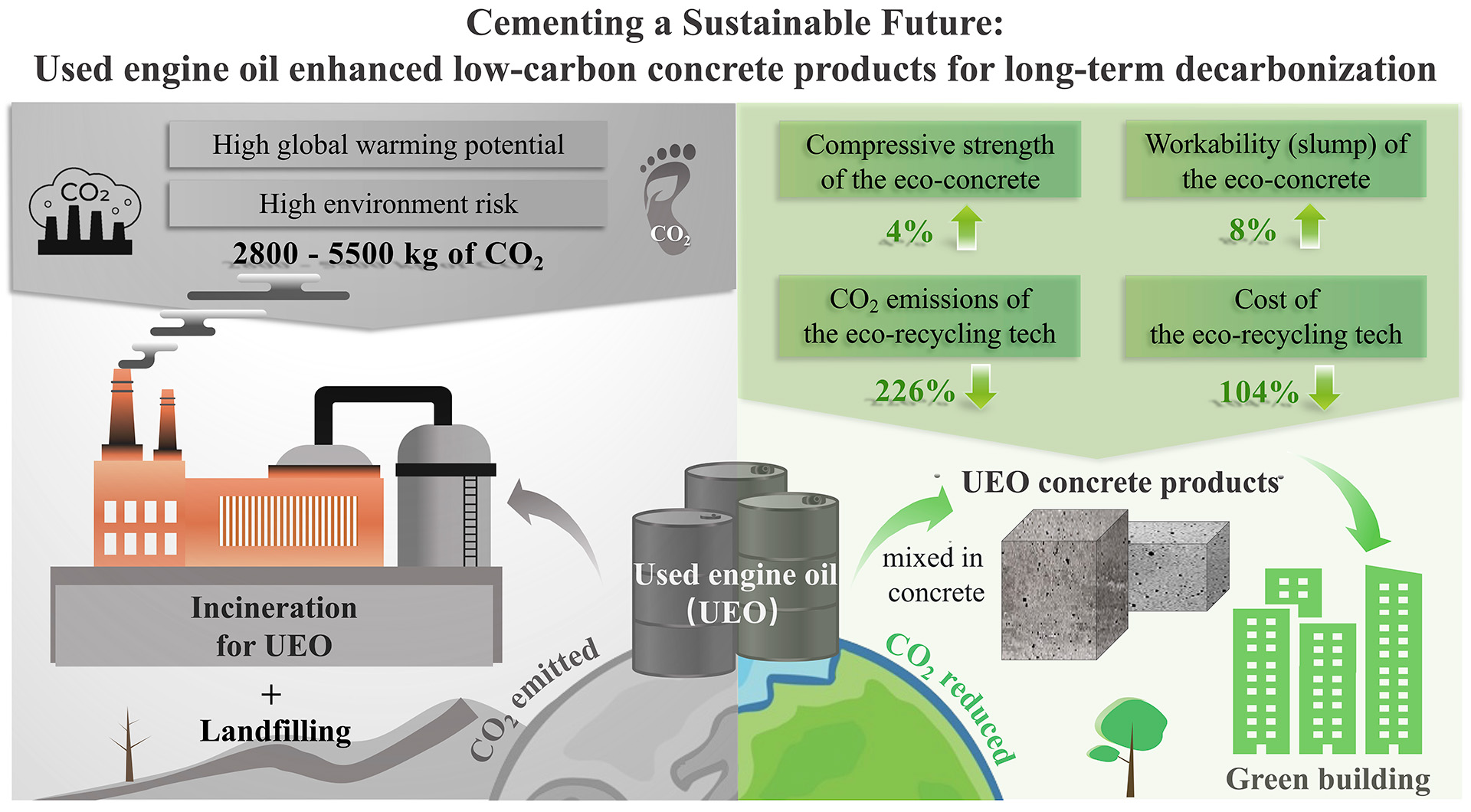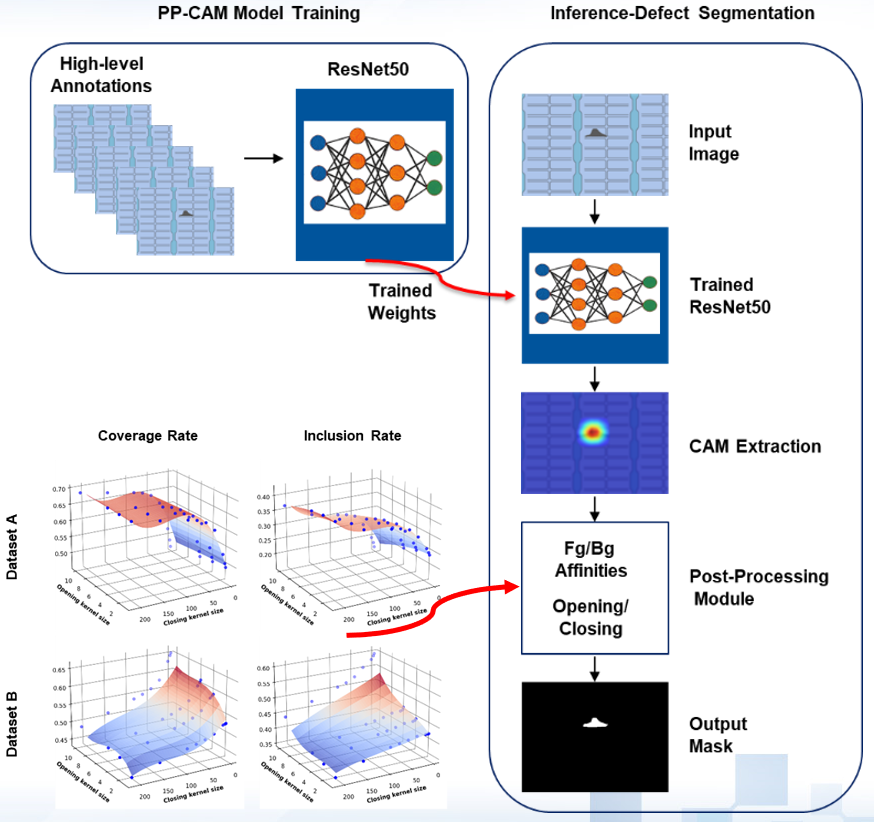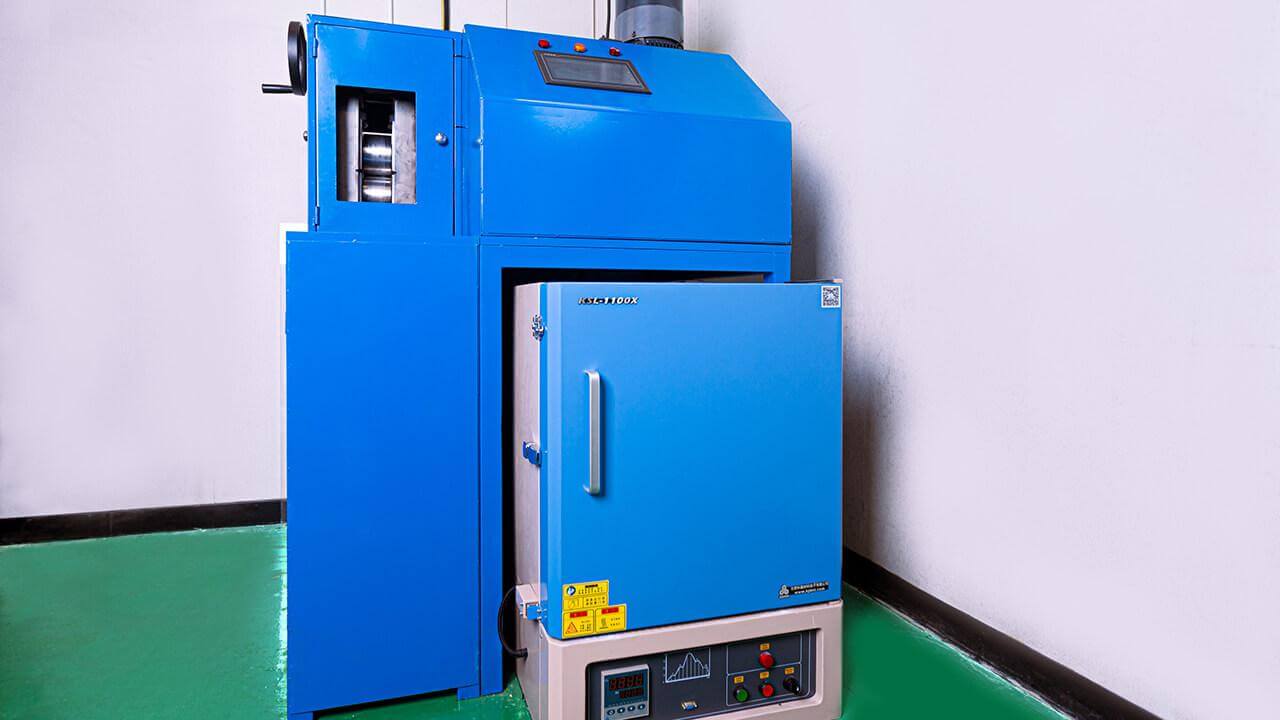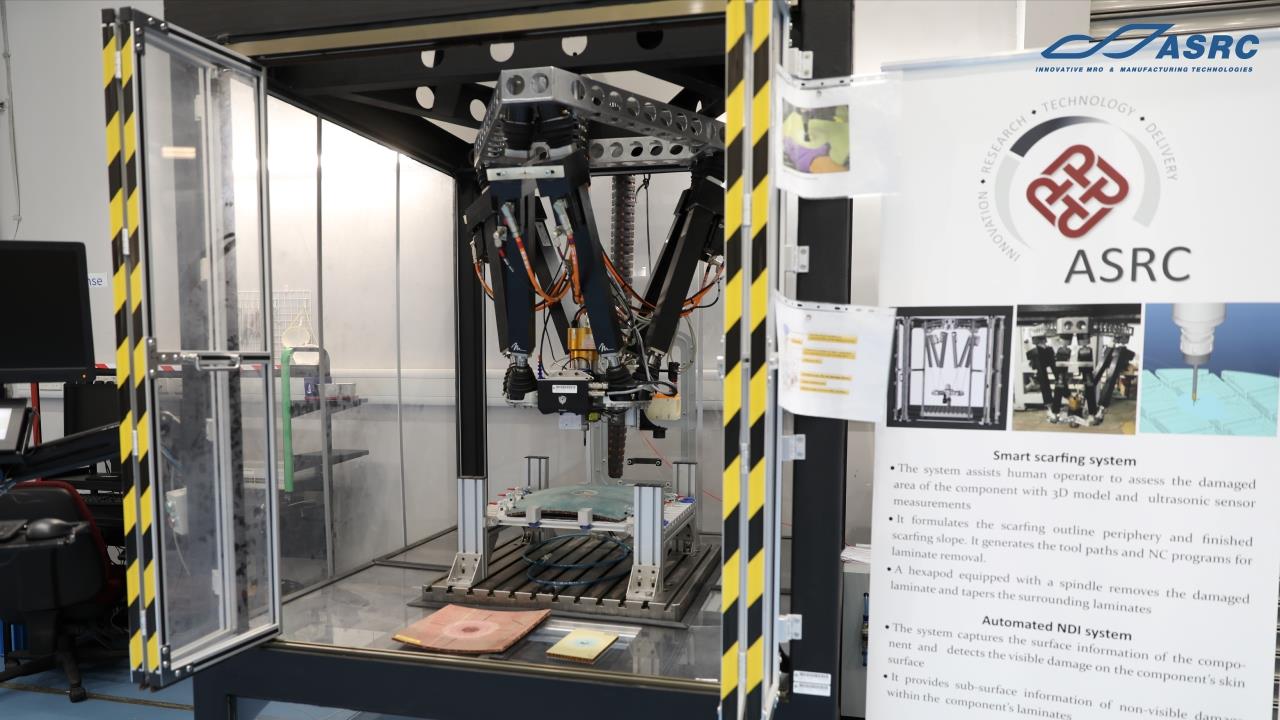
Advanced Blade Dynamics
The PolyU Aviation Services Research Centre (ASRC) researched the balancing of aircraft engines and developed a system to arrange the blades so that the engine is balanced without the need for additional weights. The system works with a robot arm and a load sensor to weigh each blade before running an AI algorithm to find the optimal blade sequence.
Until now, achieving a balanced blade configuration involved a time-consuming and space-intensive process of manually weighing each blade one by one on a scale and then arranging them sequentially.
- World's first automated device specifically designed for this task. The process is now entirely automated and can run autonomously. The device weighs all the blades and then rearranges them accordingly.
- Rather than relying on manual sequential rearrangement, the system considers the weight of each blade to determine the optimal arrangement. This would be impossible to achieve without heavy computation.
- To arrive at this solution, a highly complex combinational optimisation problem had to be tackled. In some cases, the number of blades involved was as high as 125, resulting in an enormous number of possible combinations (125! = 7.53x10^206). The team used reinforcement learning techniques, including Q-learning and deep Q-learning.
- Reduction in the lead time required to weigh and rearrange all blades of an aircraft engine fan. With a weight accuracy of 0.01 grams and the consideration of the exact centre of gravity, the system achieves the best possible blade arrangement for optimal balance.
- Trained deep Q-learning network agents can reduce up to 90% of the imbalance force. This results in smoother and more efficient engine operation and reduced wear.
- The process fully meets the requirements of aircraft engine manufacturers.
- The system is small enough to be installed easily in an engine workshop.
- Balancing of aircraft engines (both jet engines and turboprops).
- Balancing of turbines in power stations.
With over 80 years of proud tradition and ranking among the world’s top 100 institutions, The Hong Kong Polytechnic University (PolyU) aspires to be a leading university with world-class research and education.
PolyU is a home for educating thinkers, discoverers, innovators and communicators in delivering positive impact. We are committed to nurturing tomorrow’s leaders today, through a holistic education that provides graduates unrivaled placements to thrive in communities, industries and businesses.
